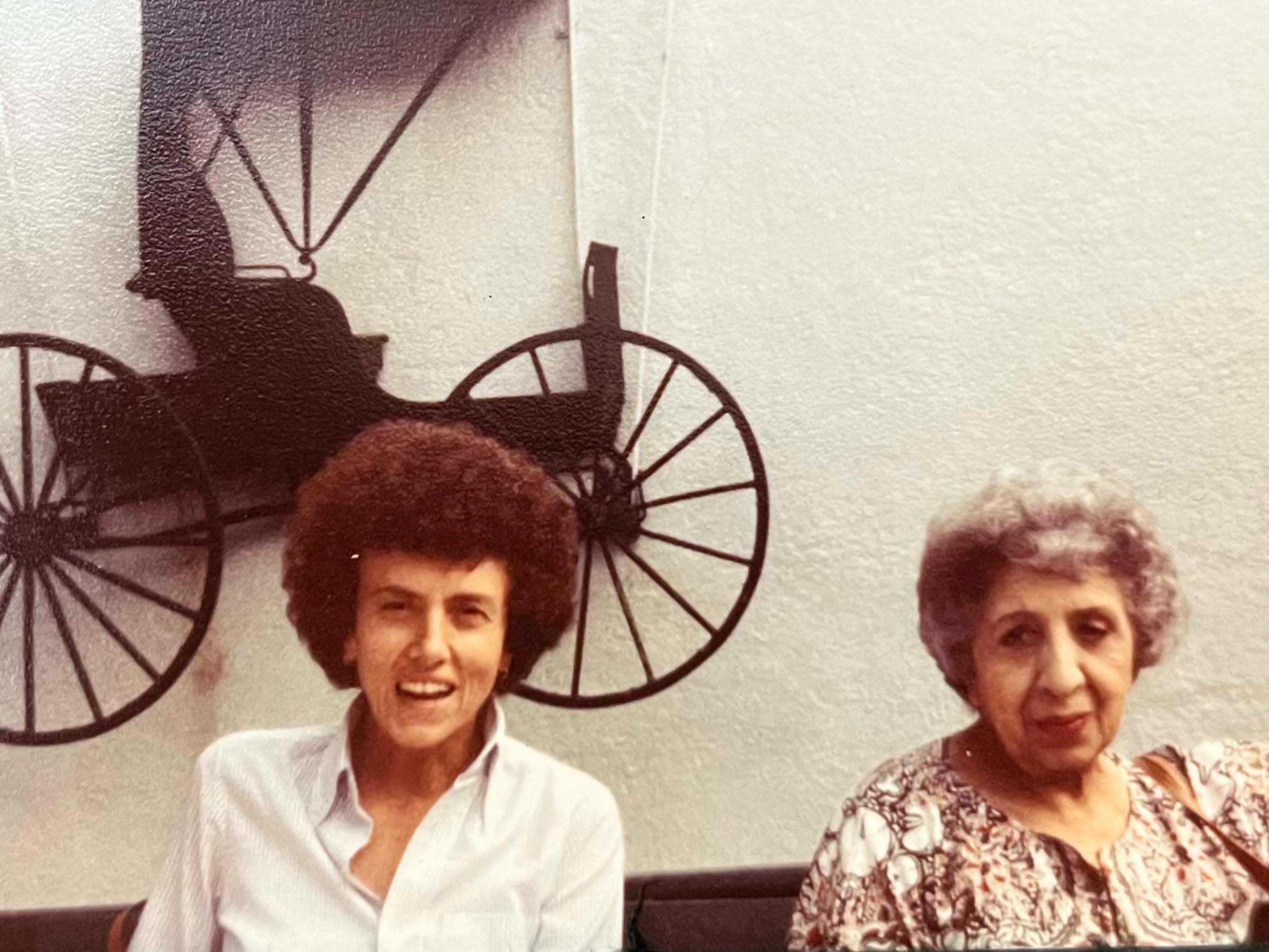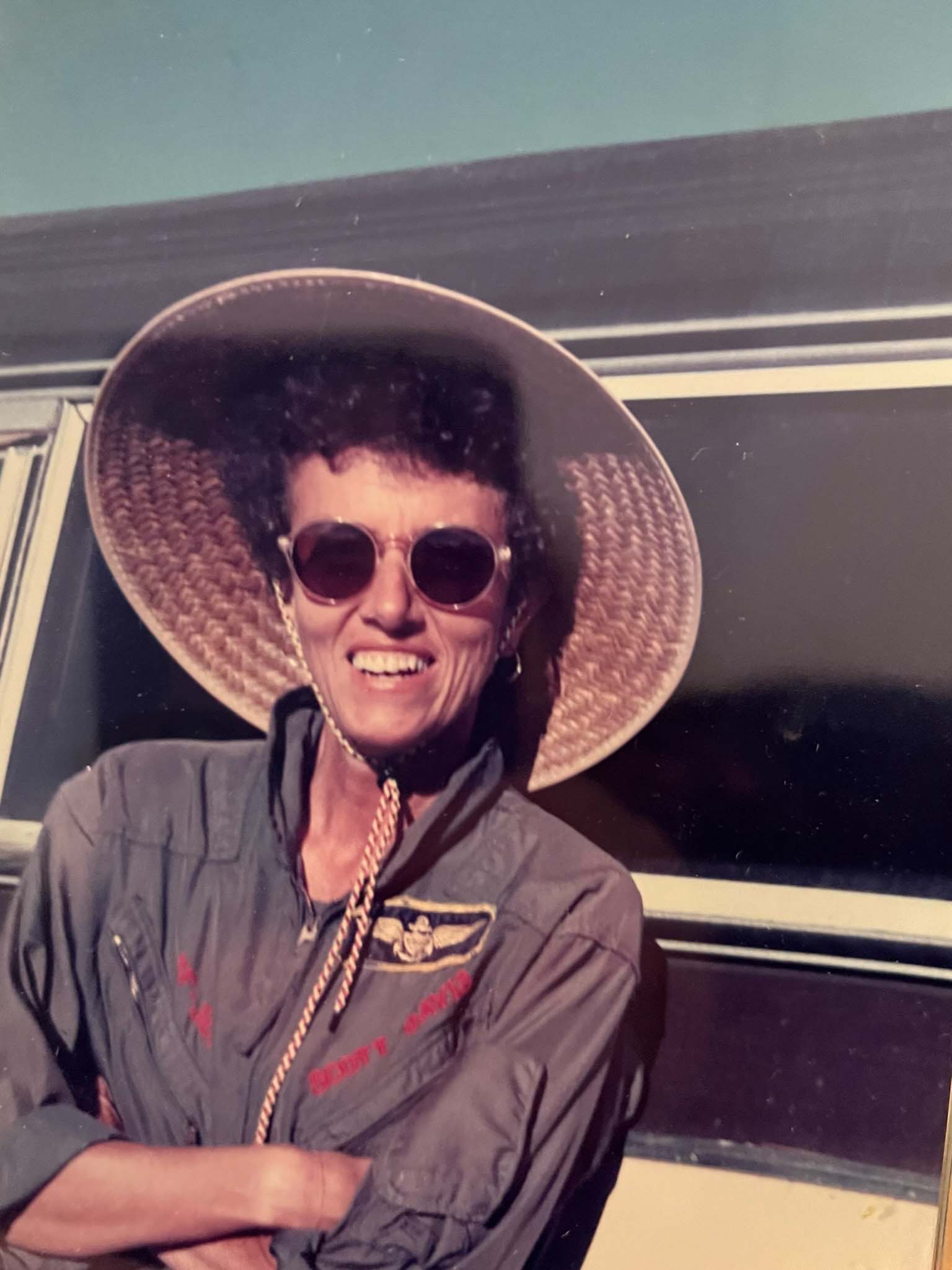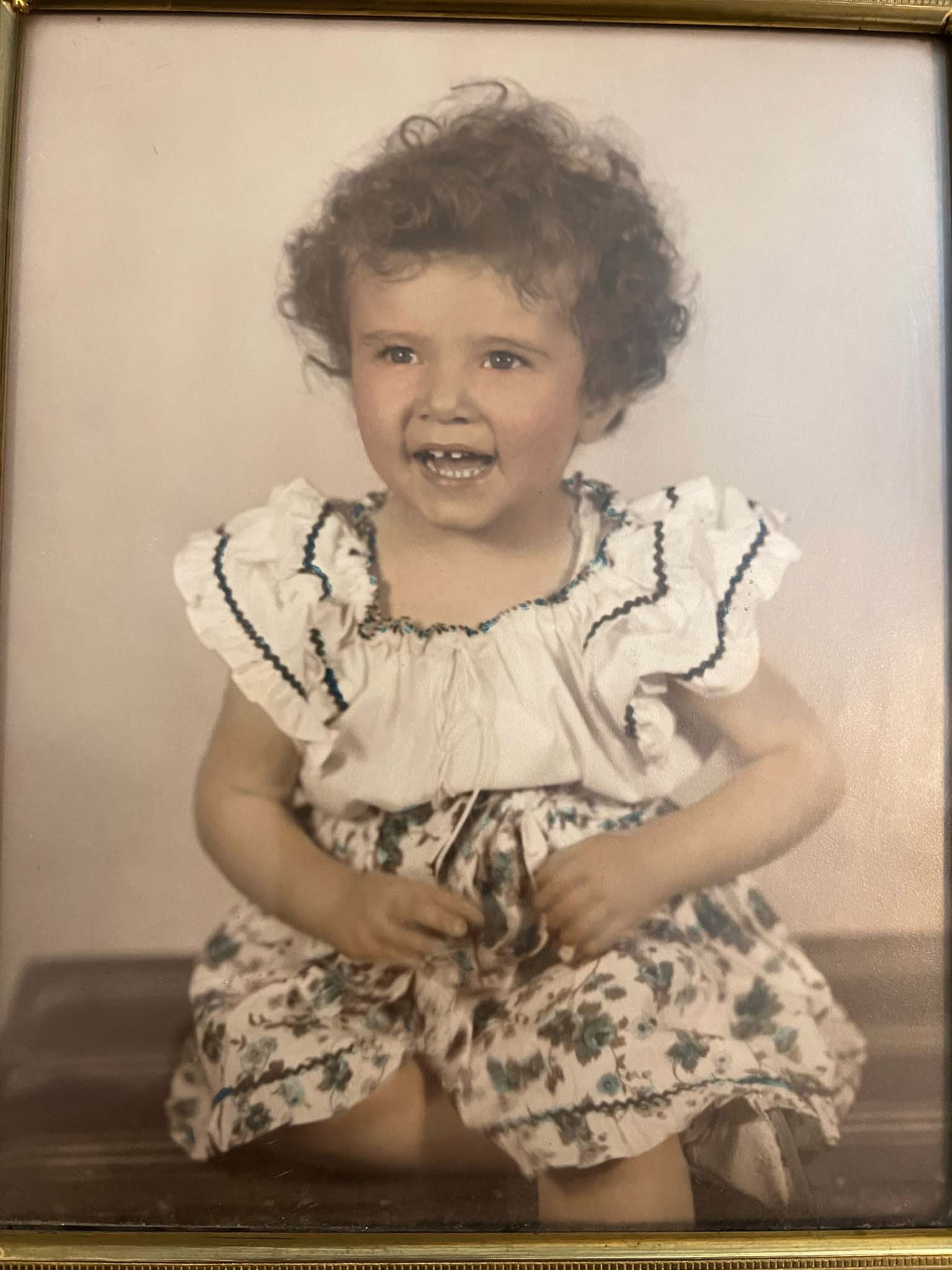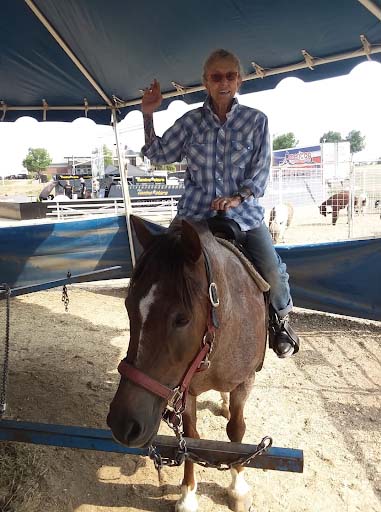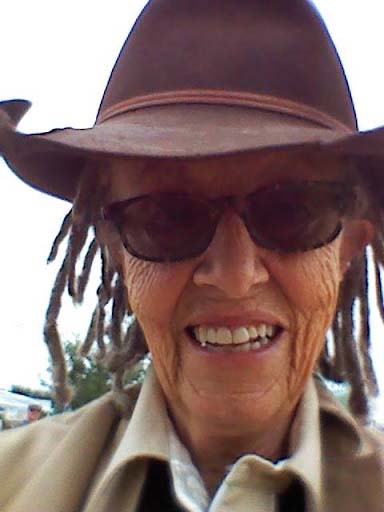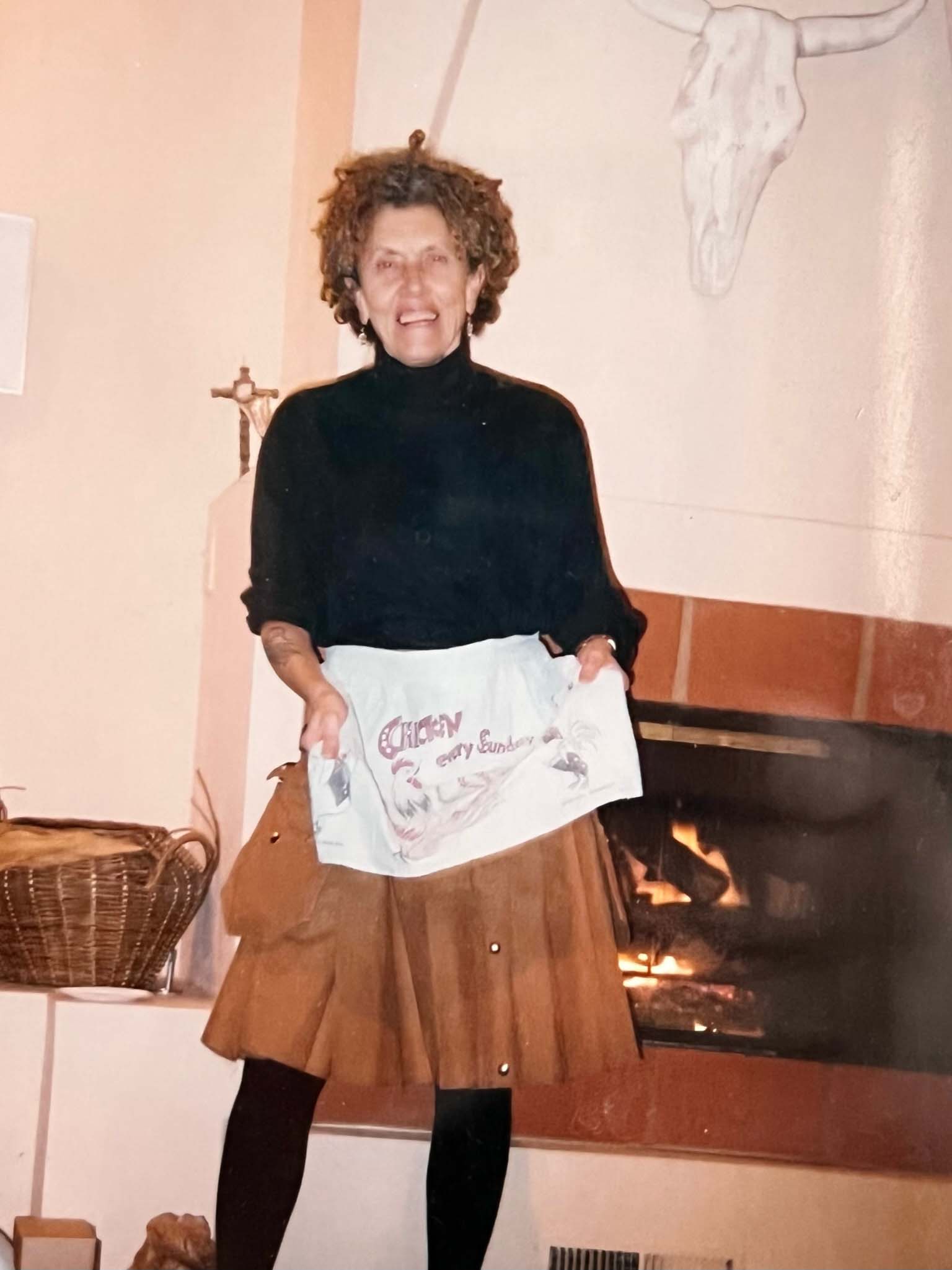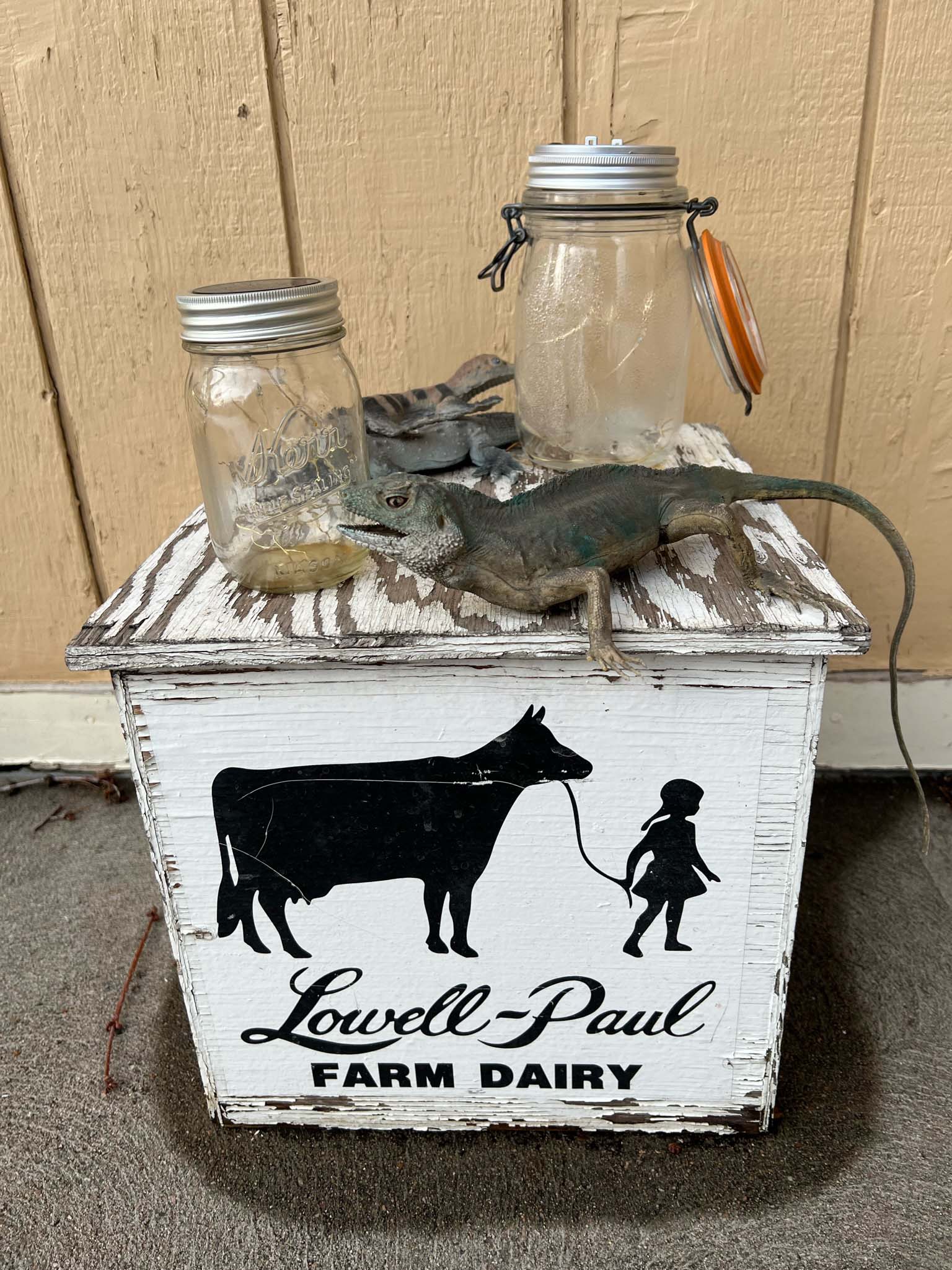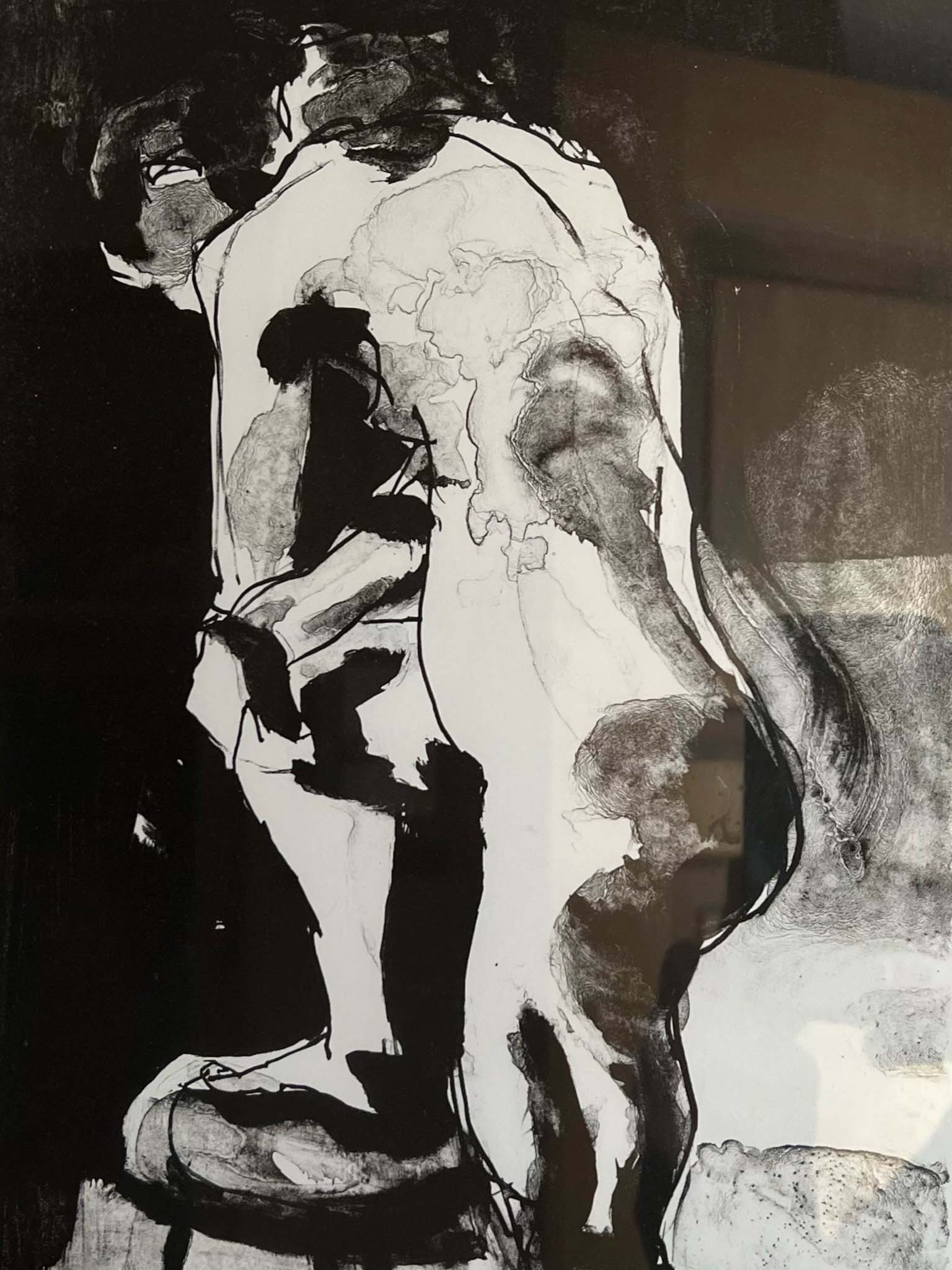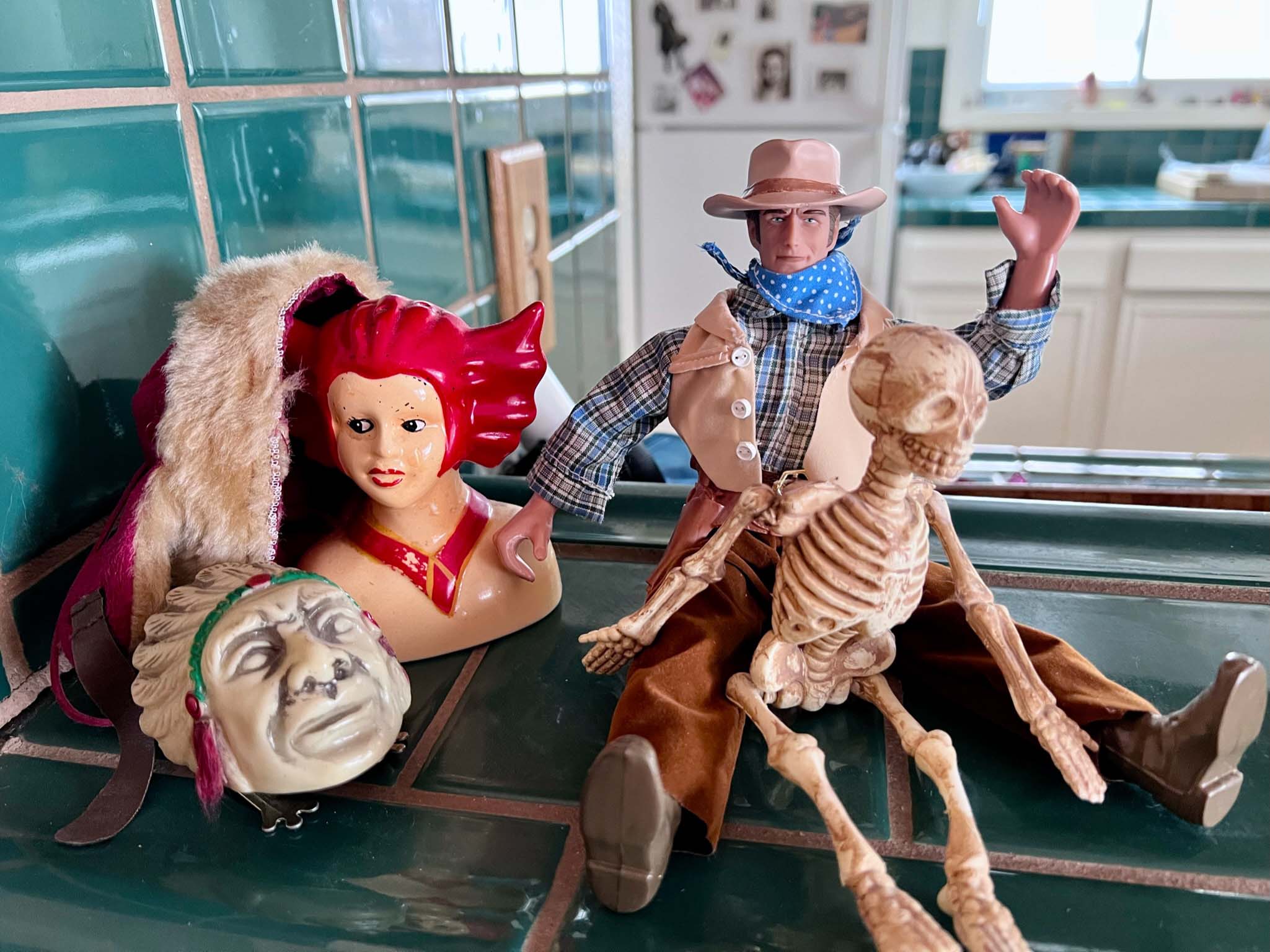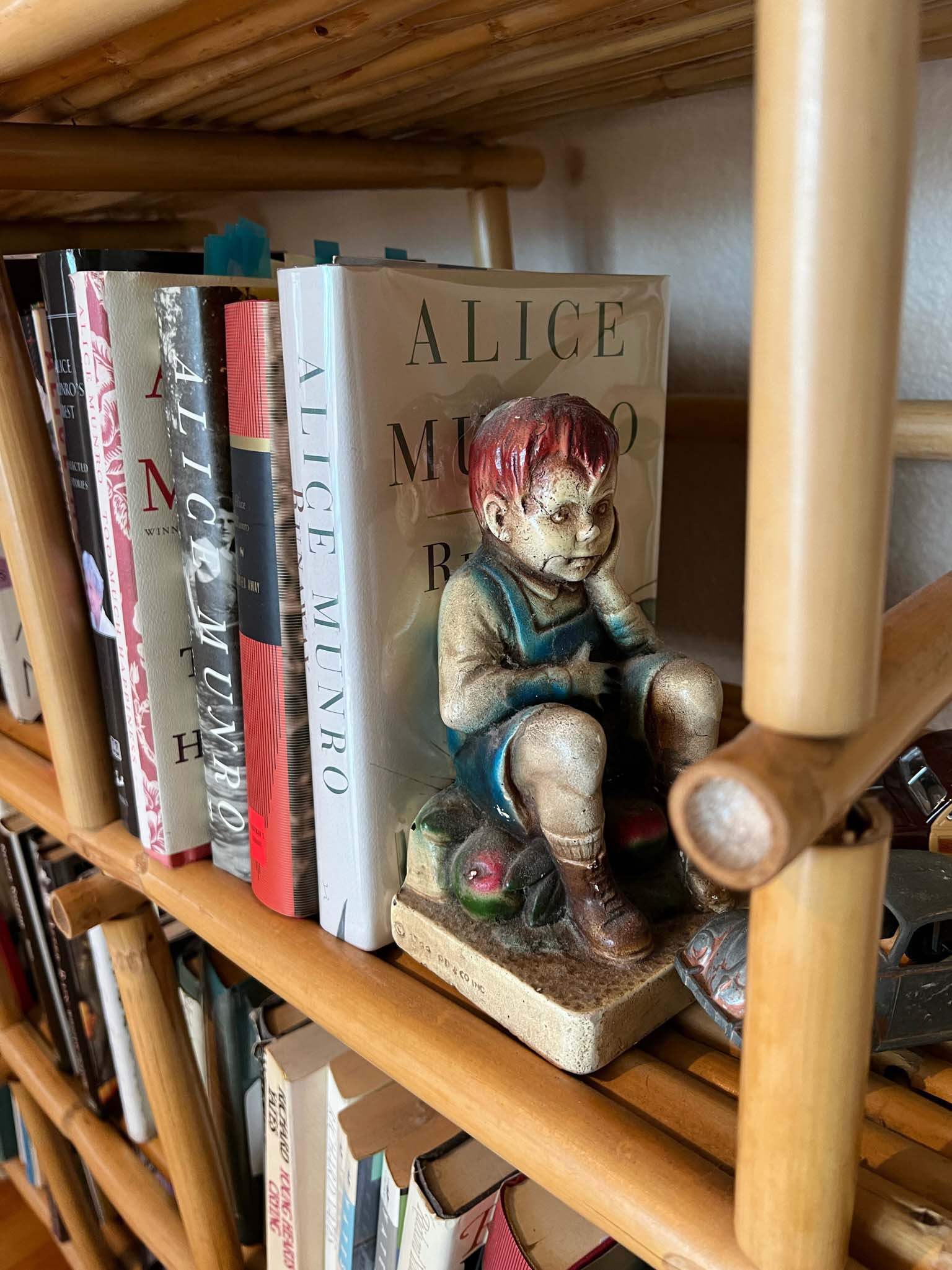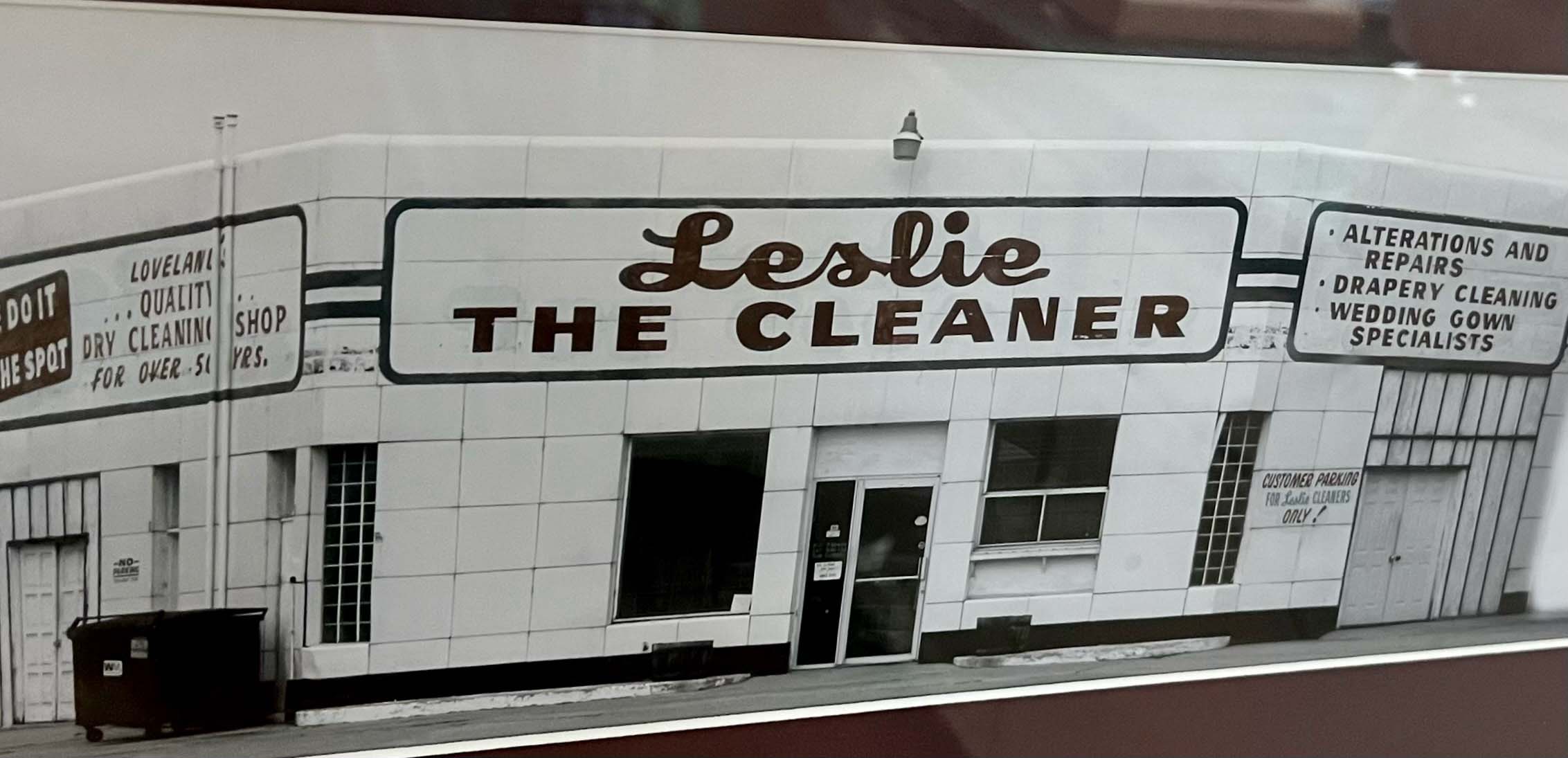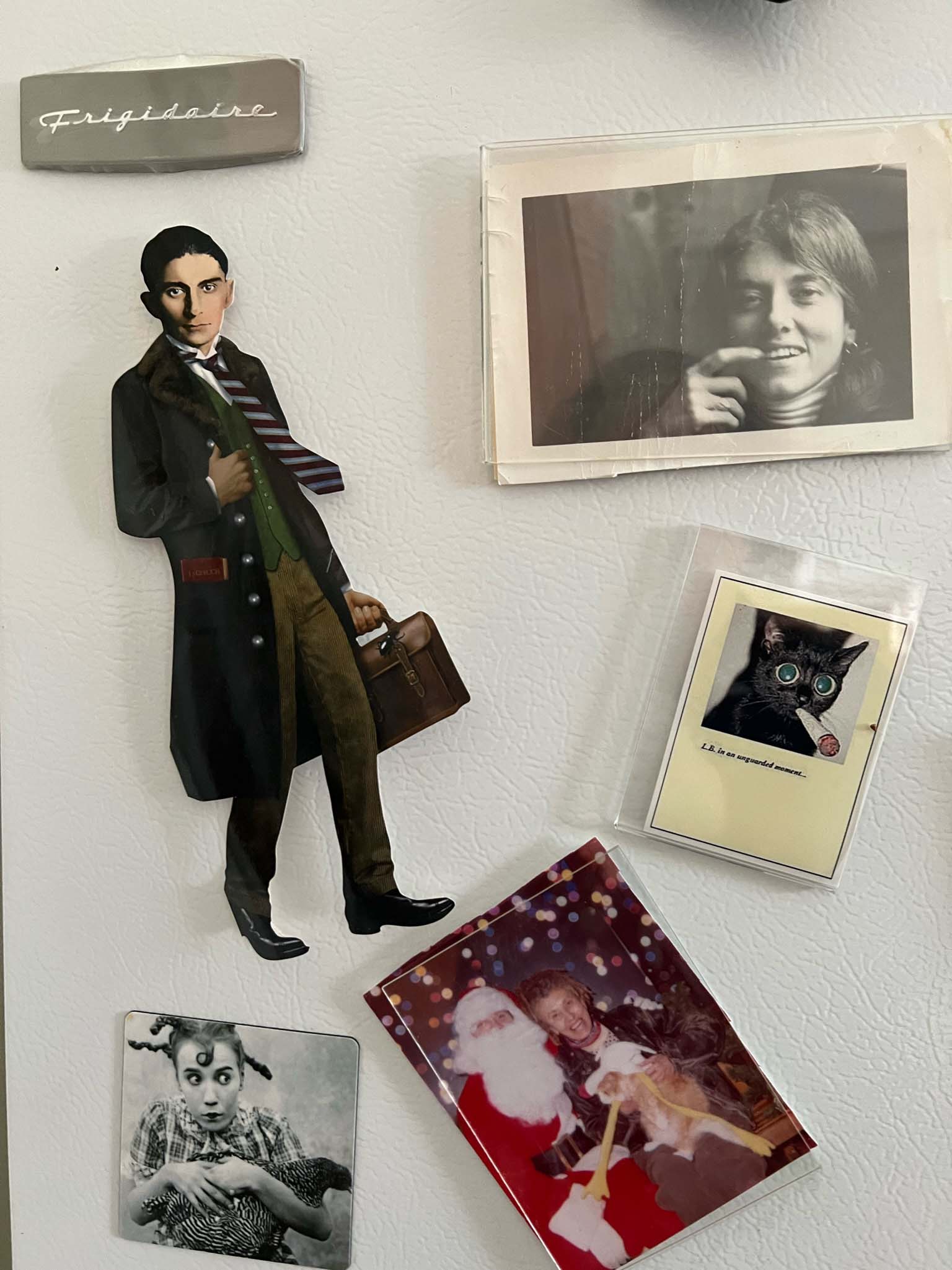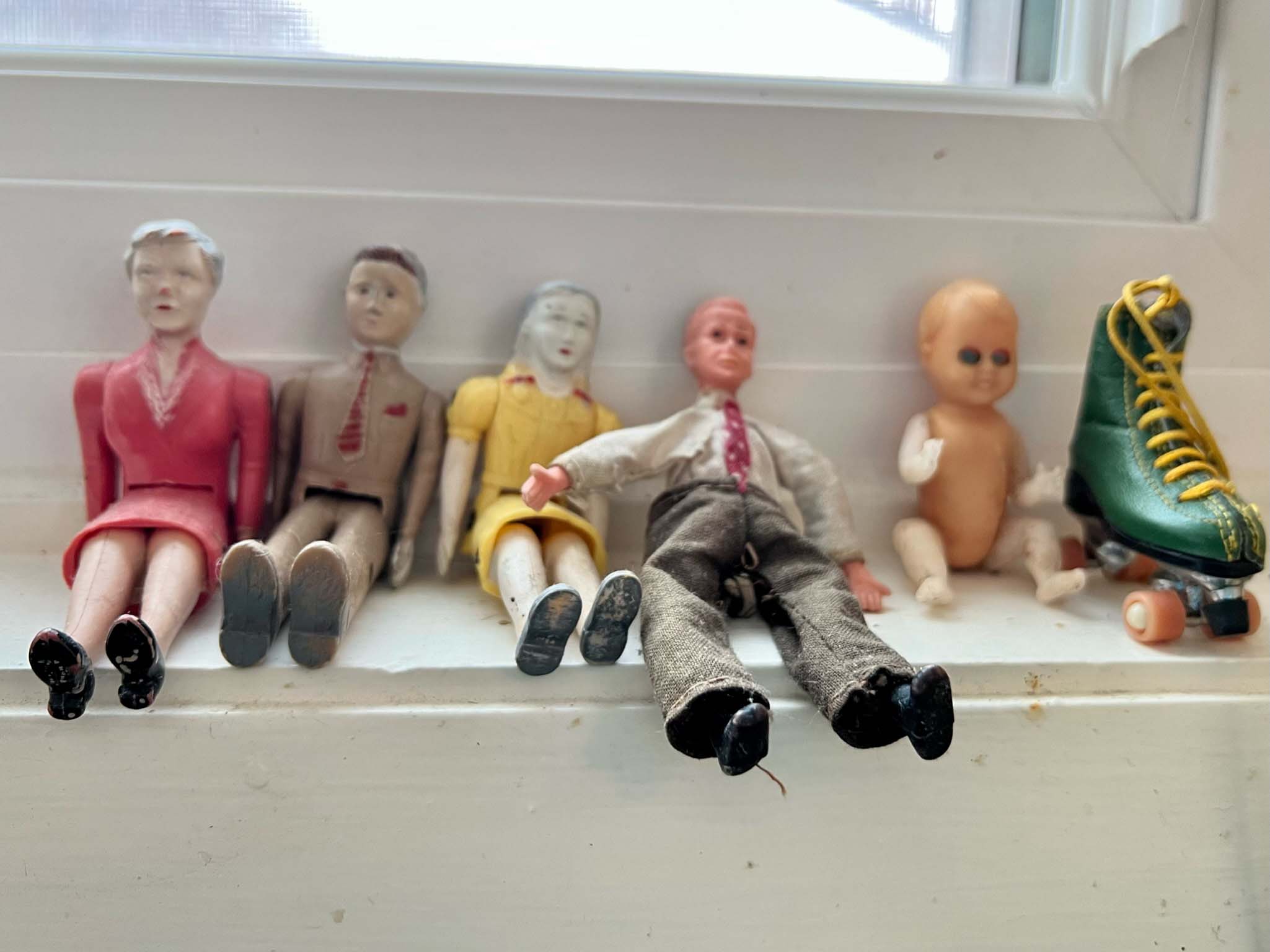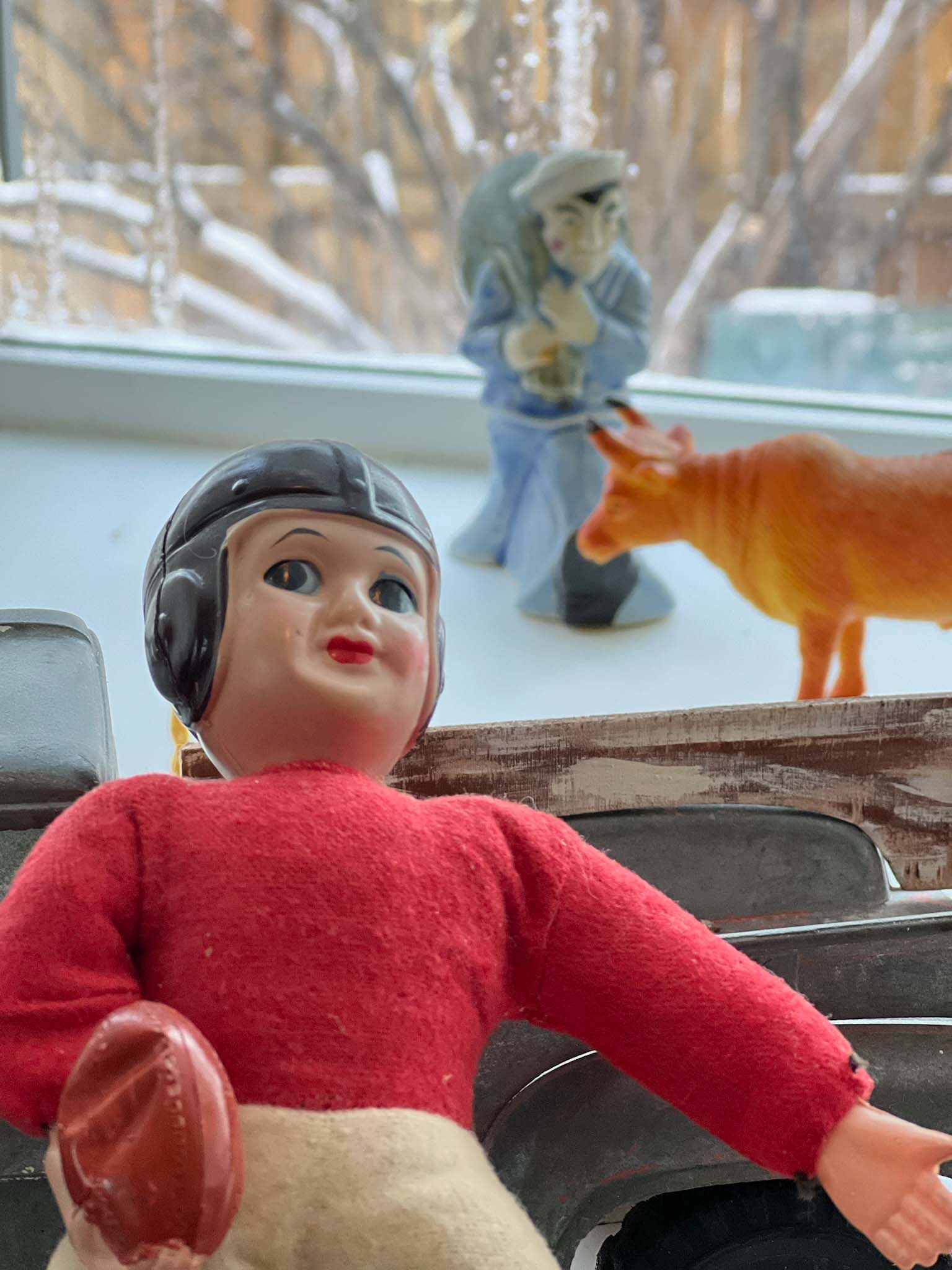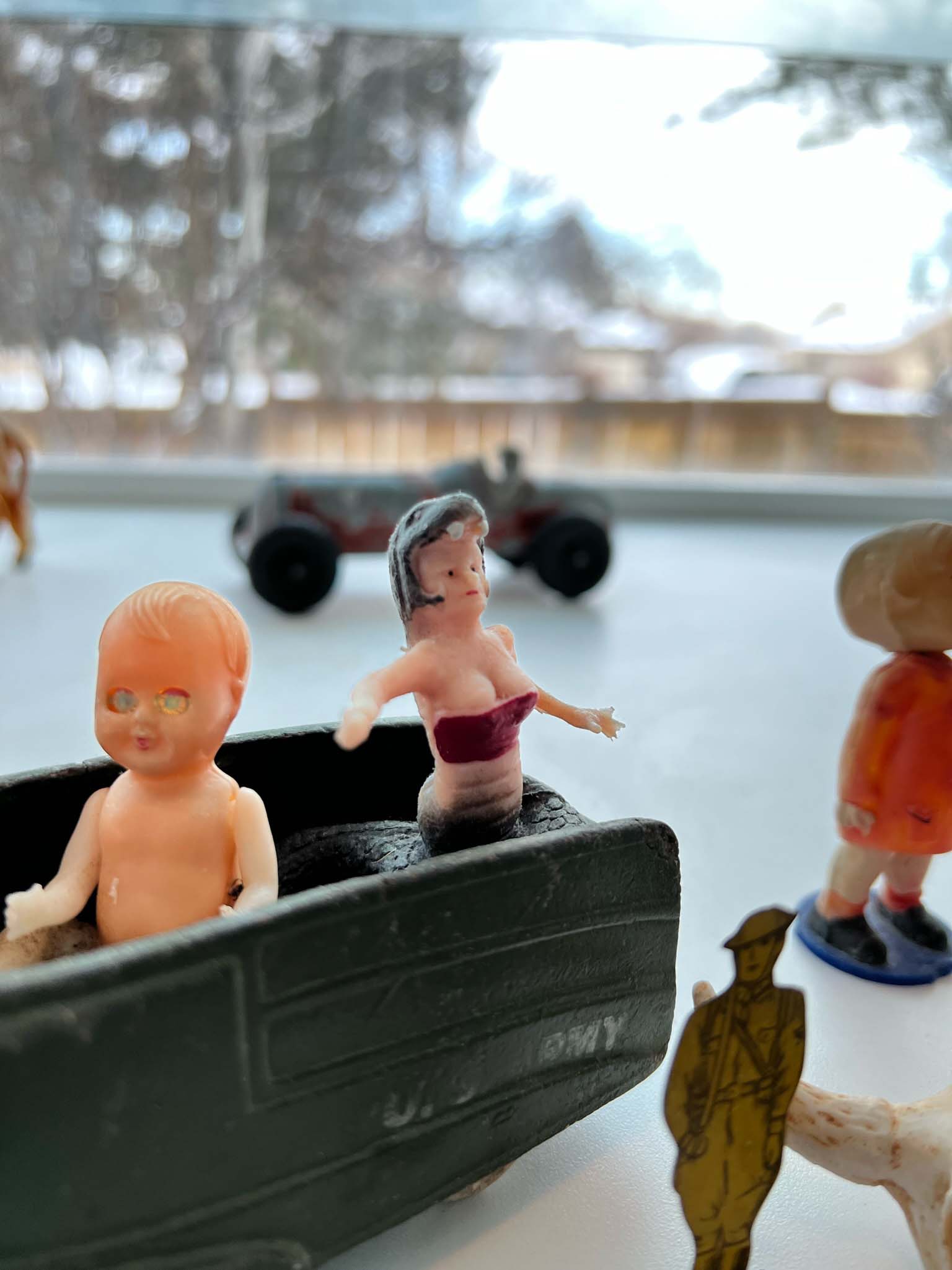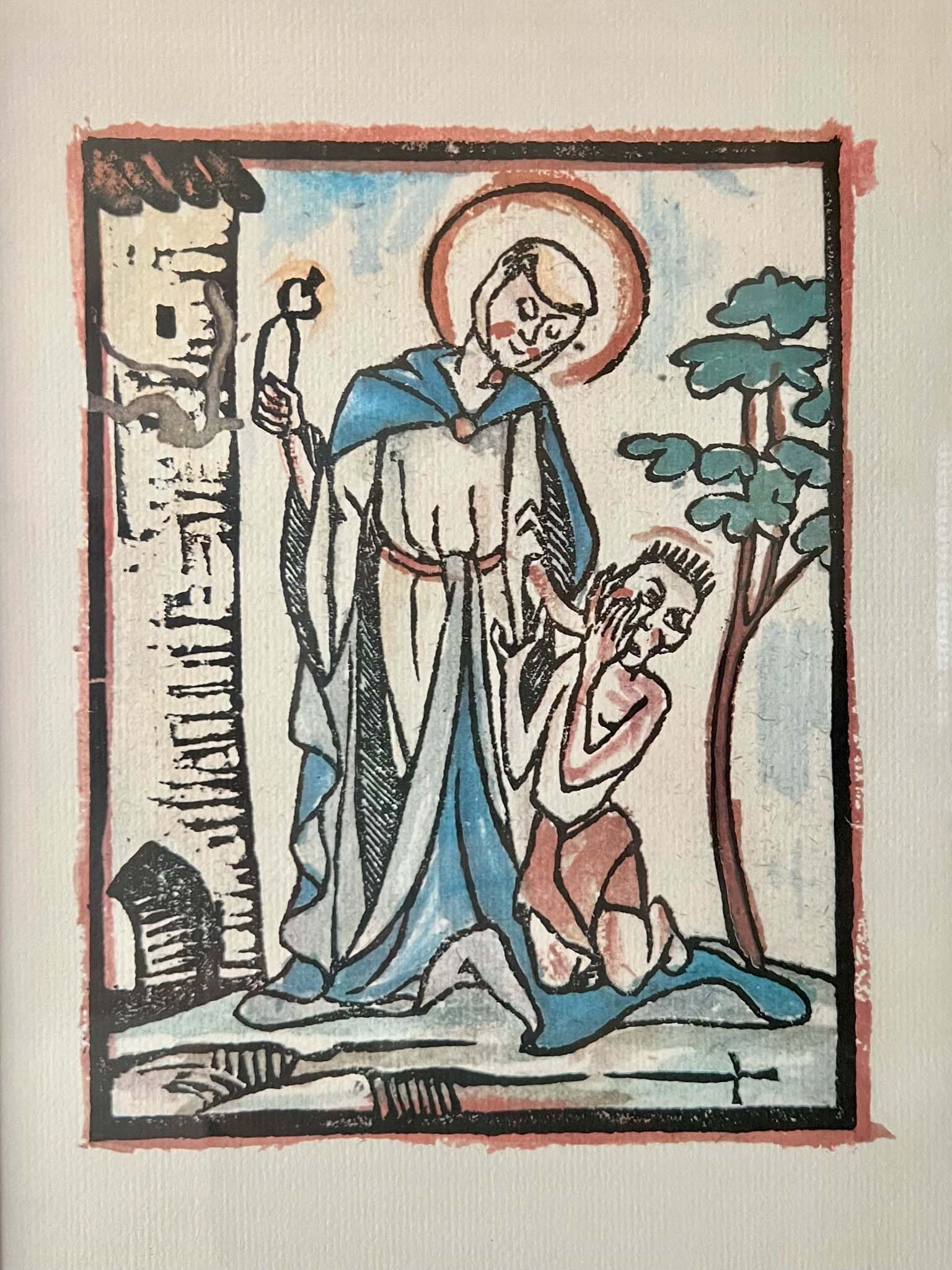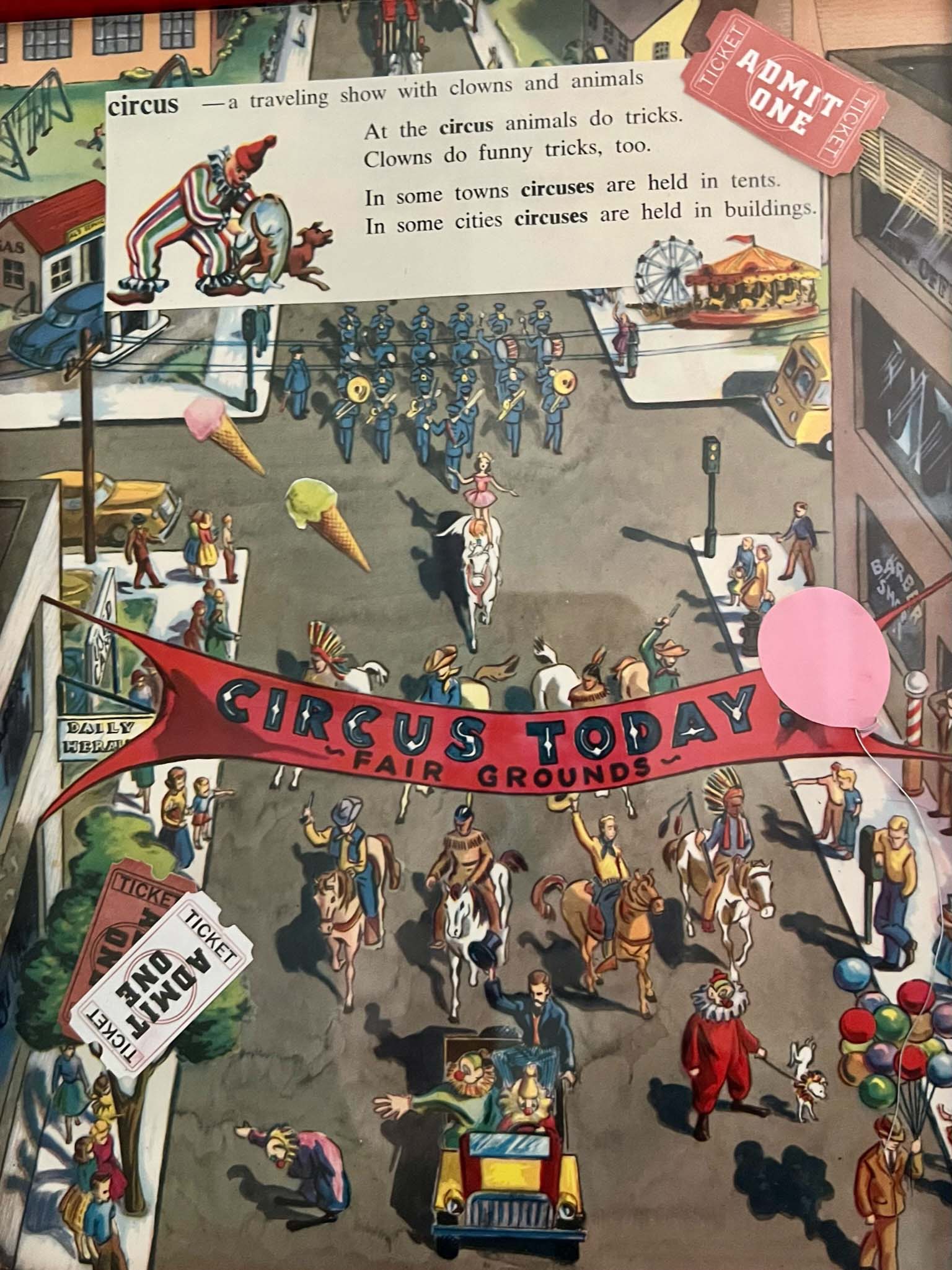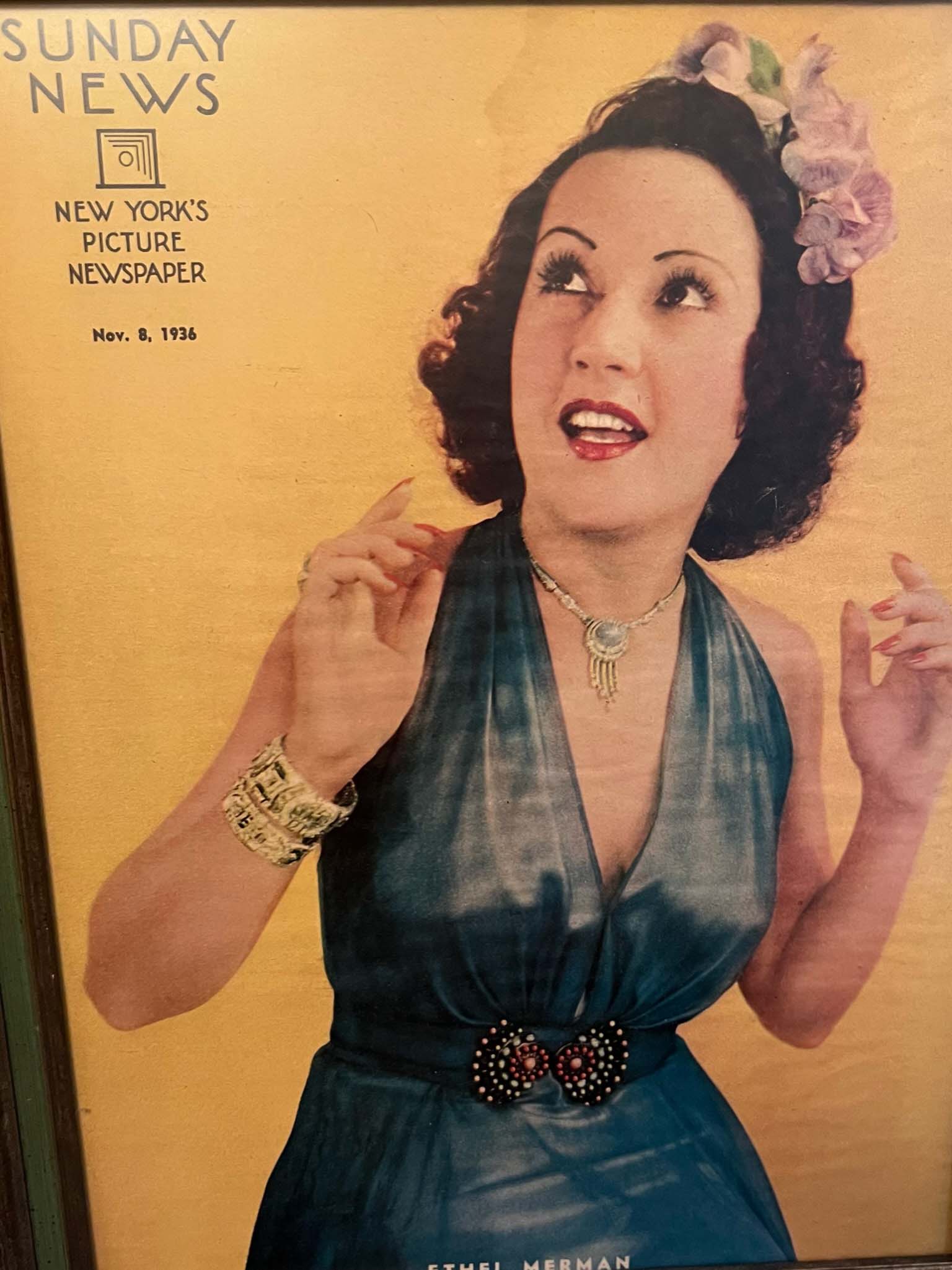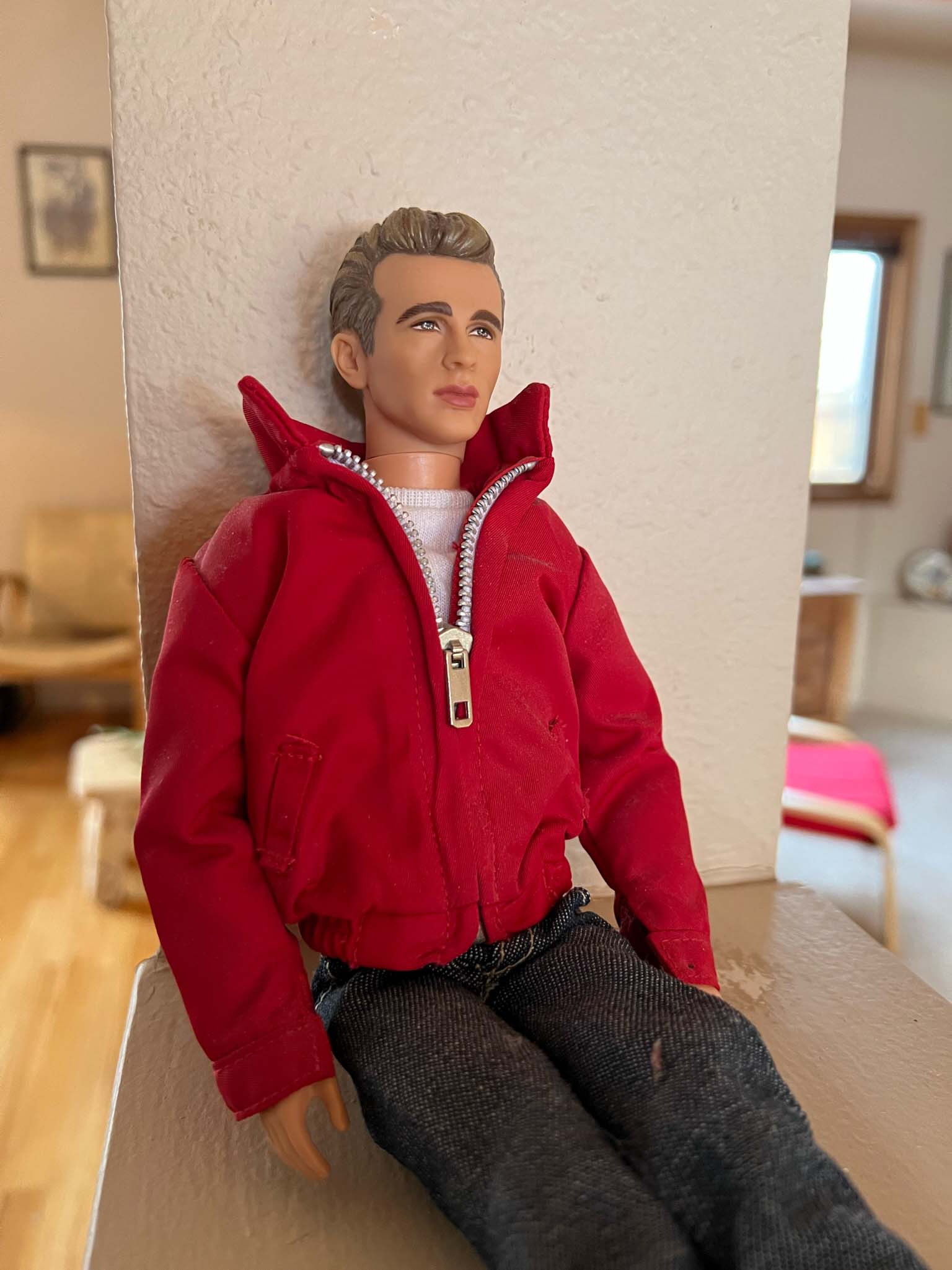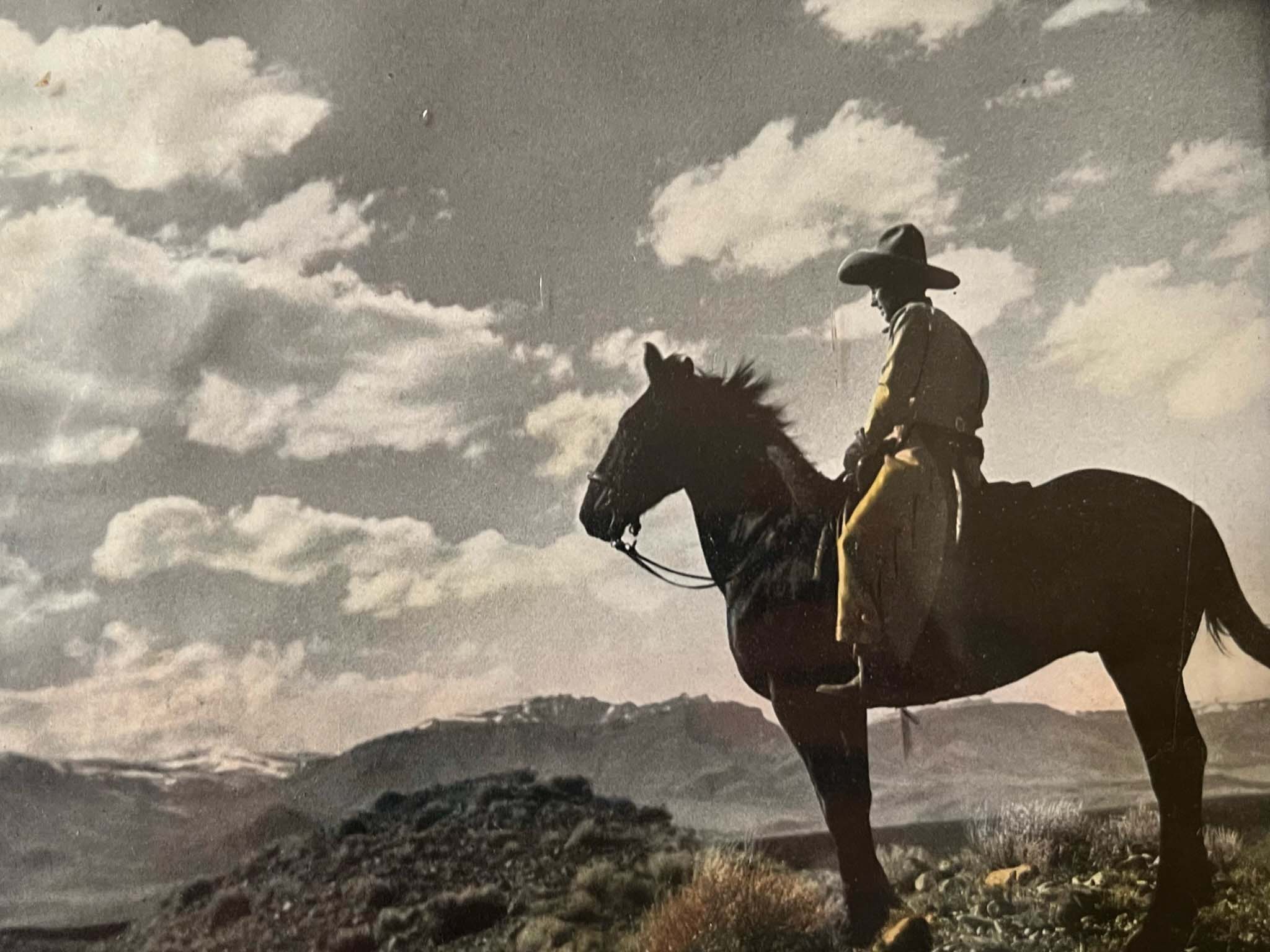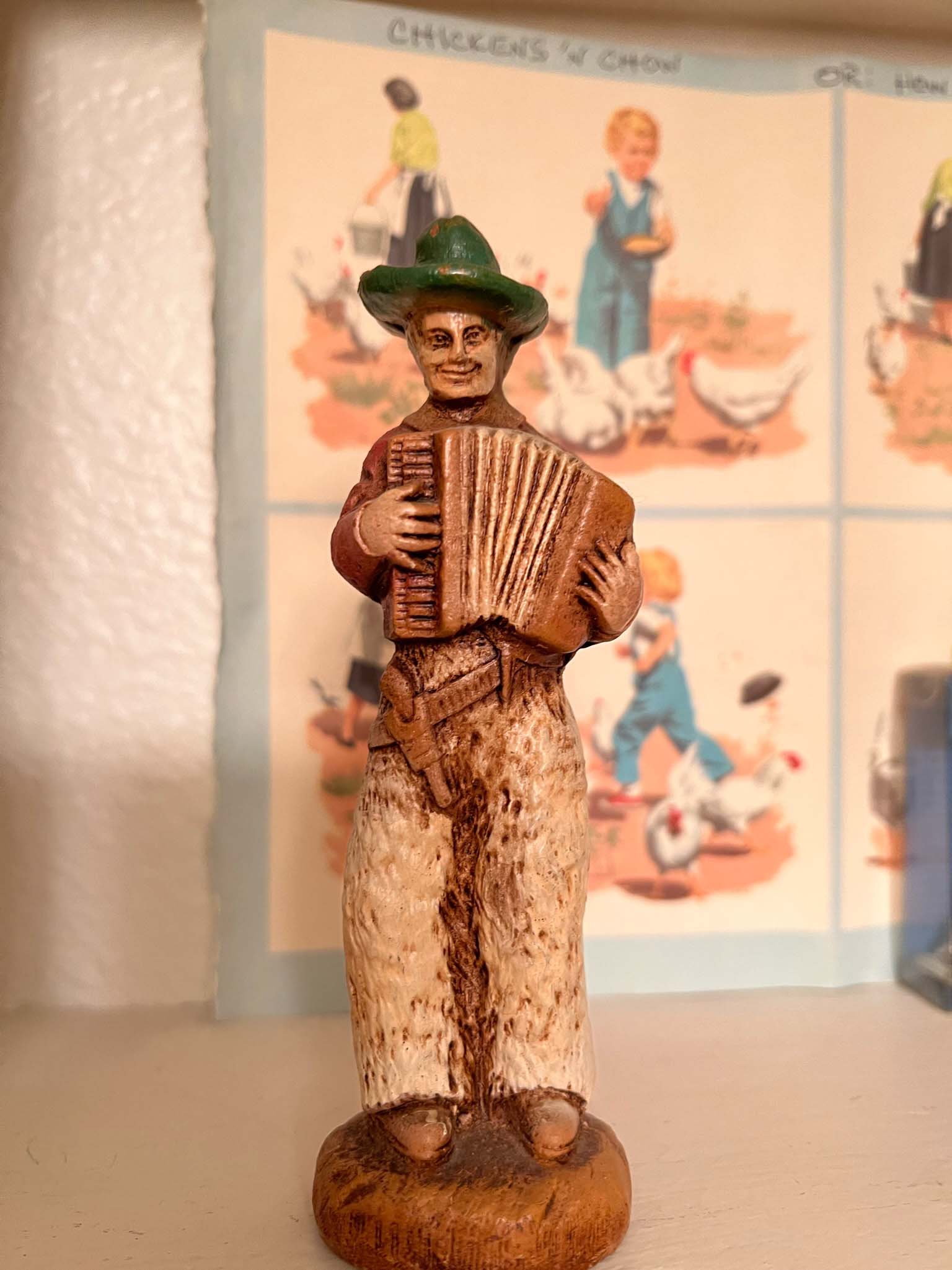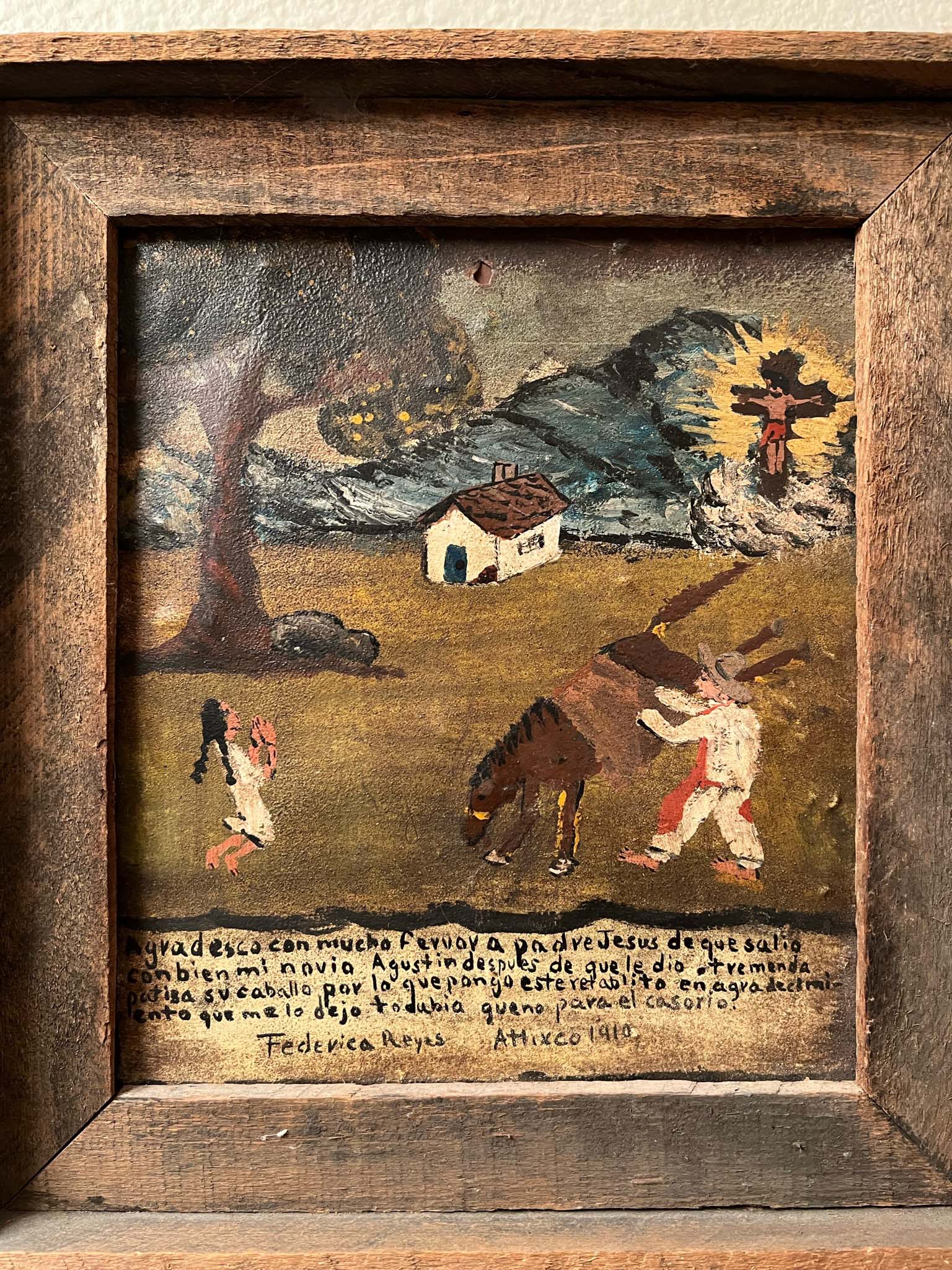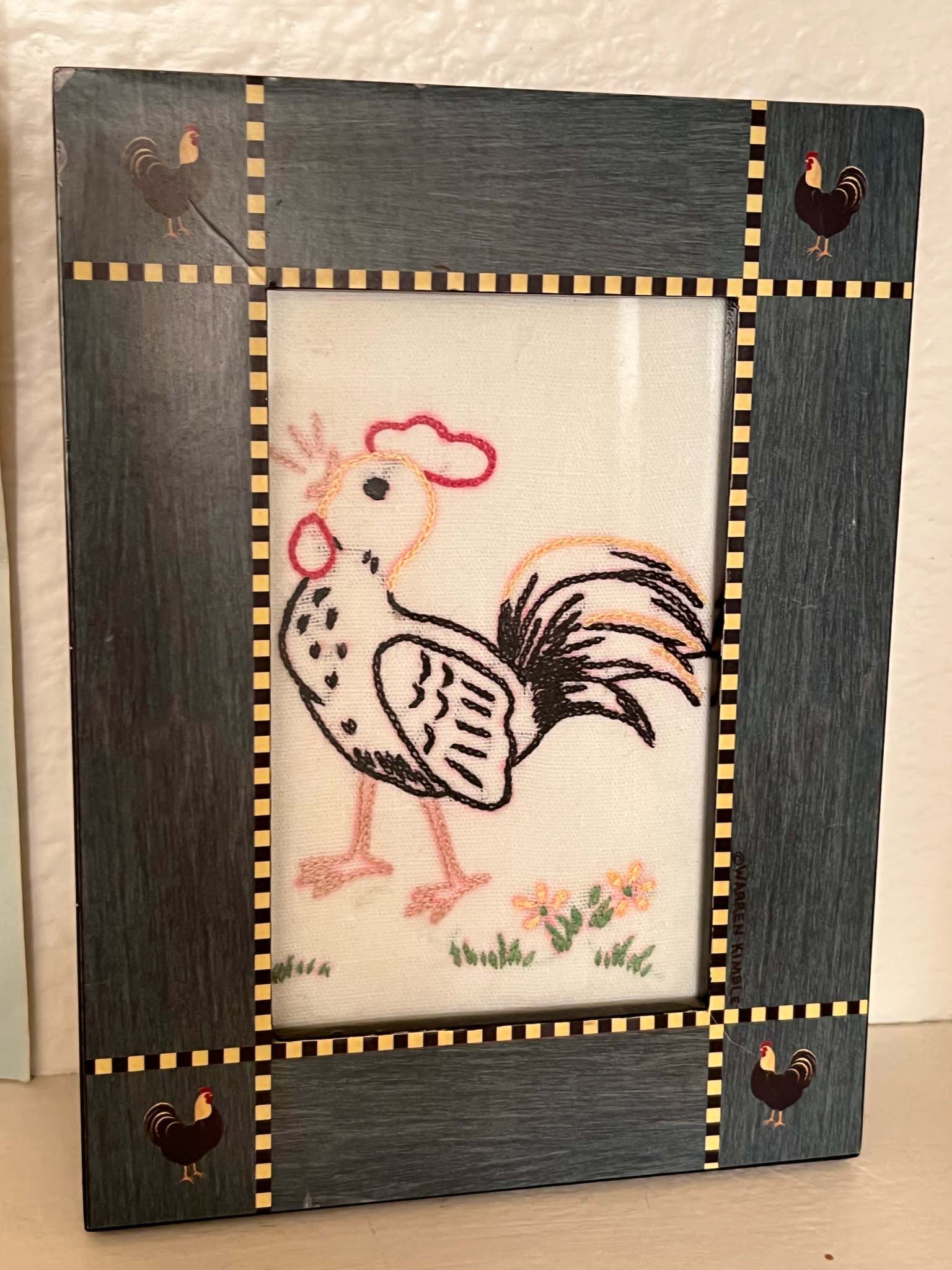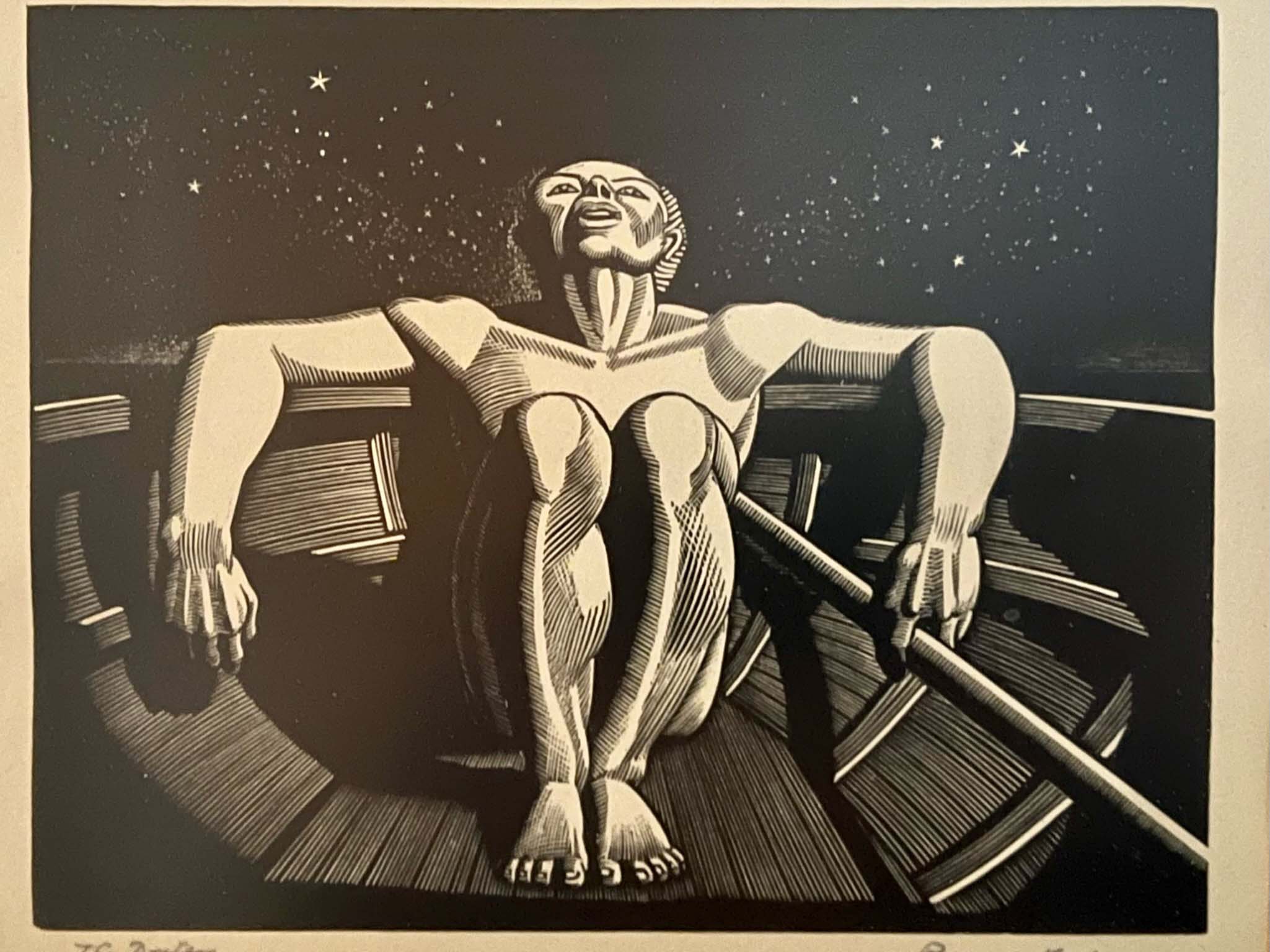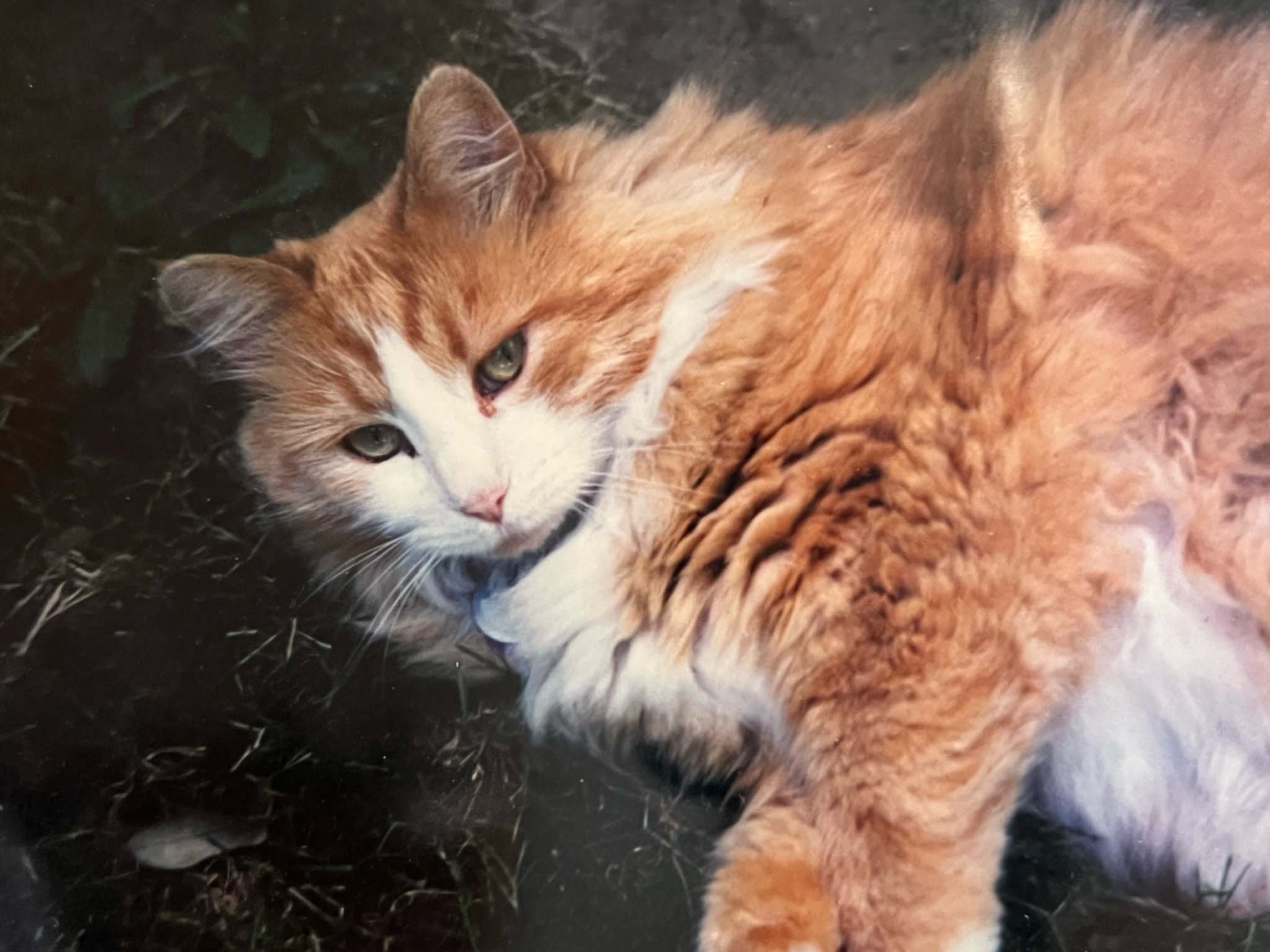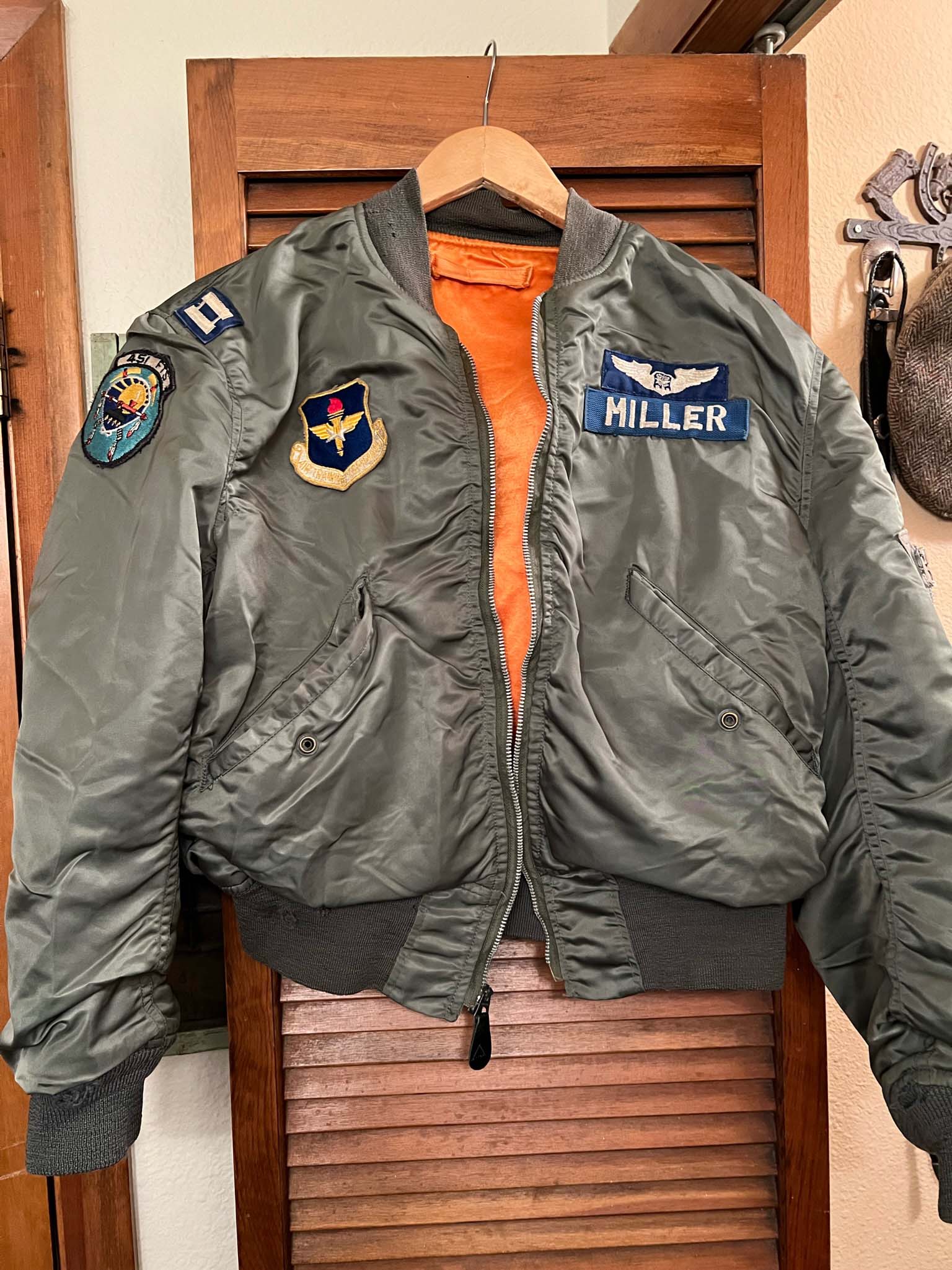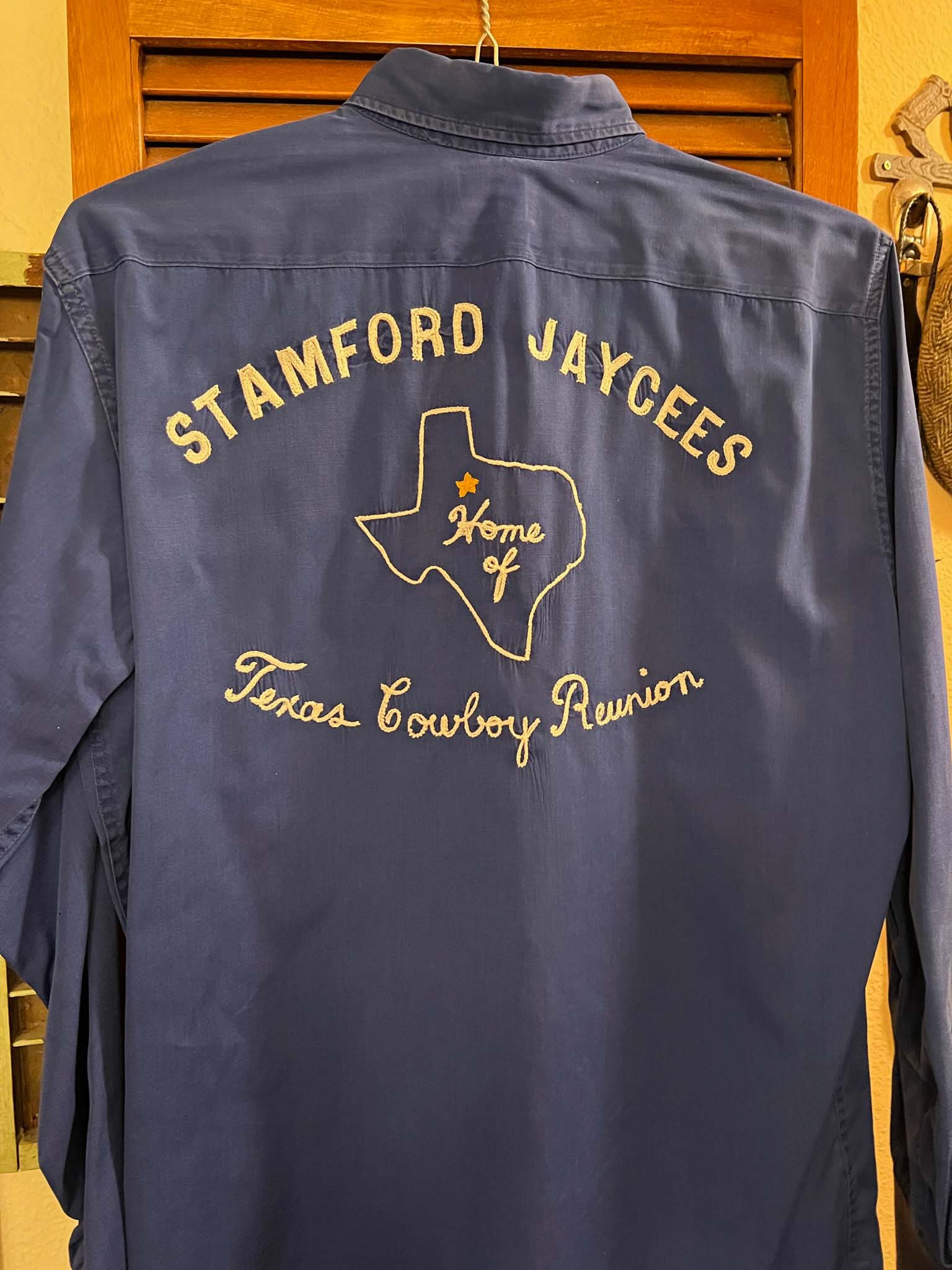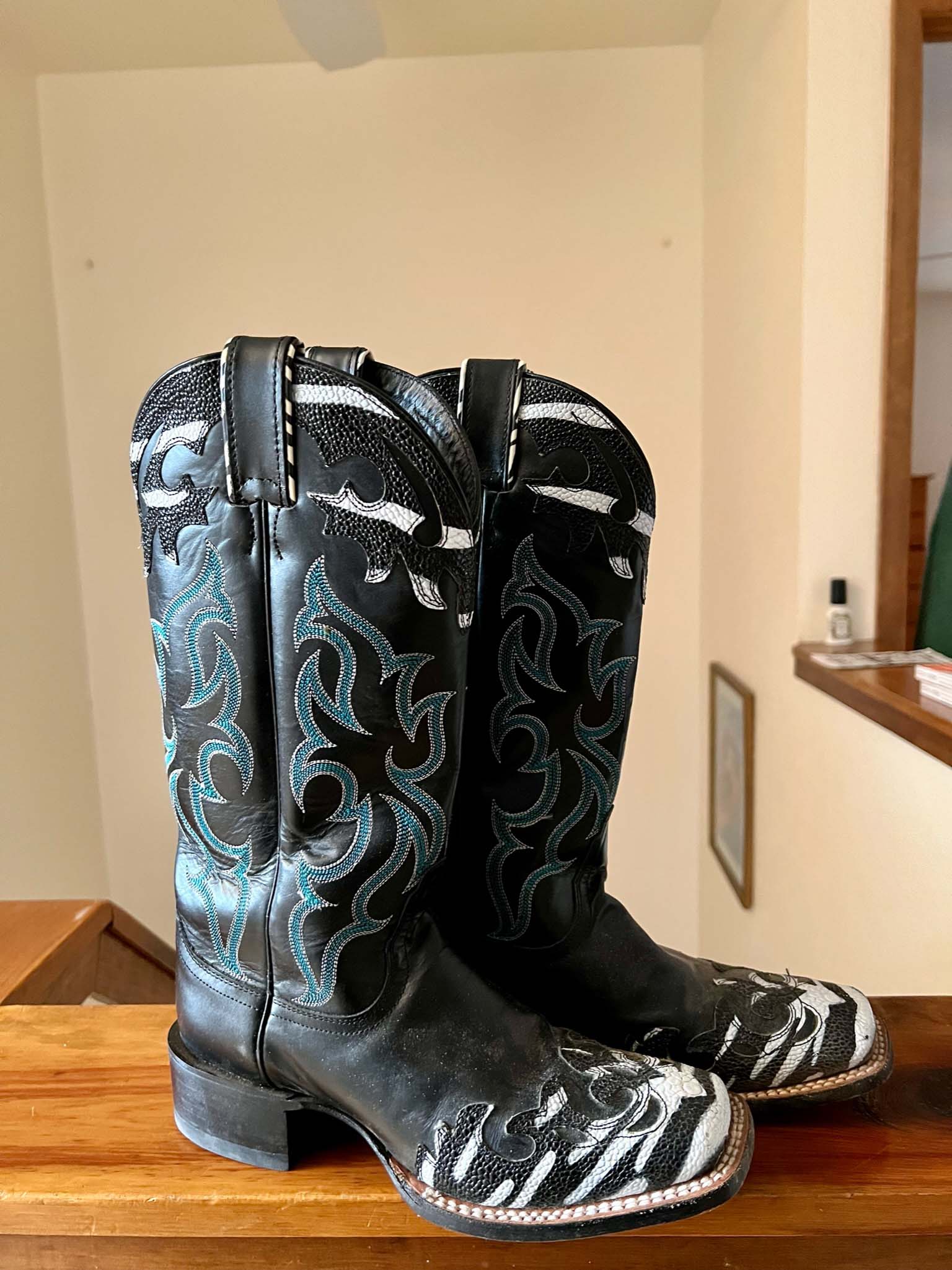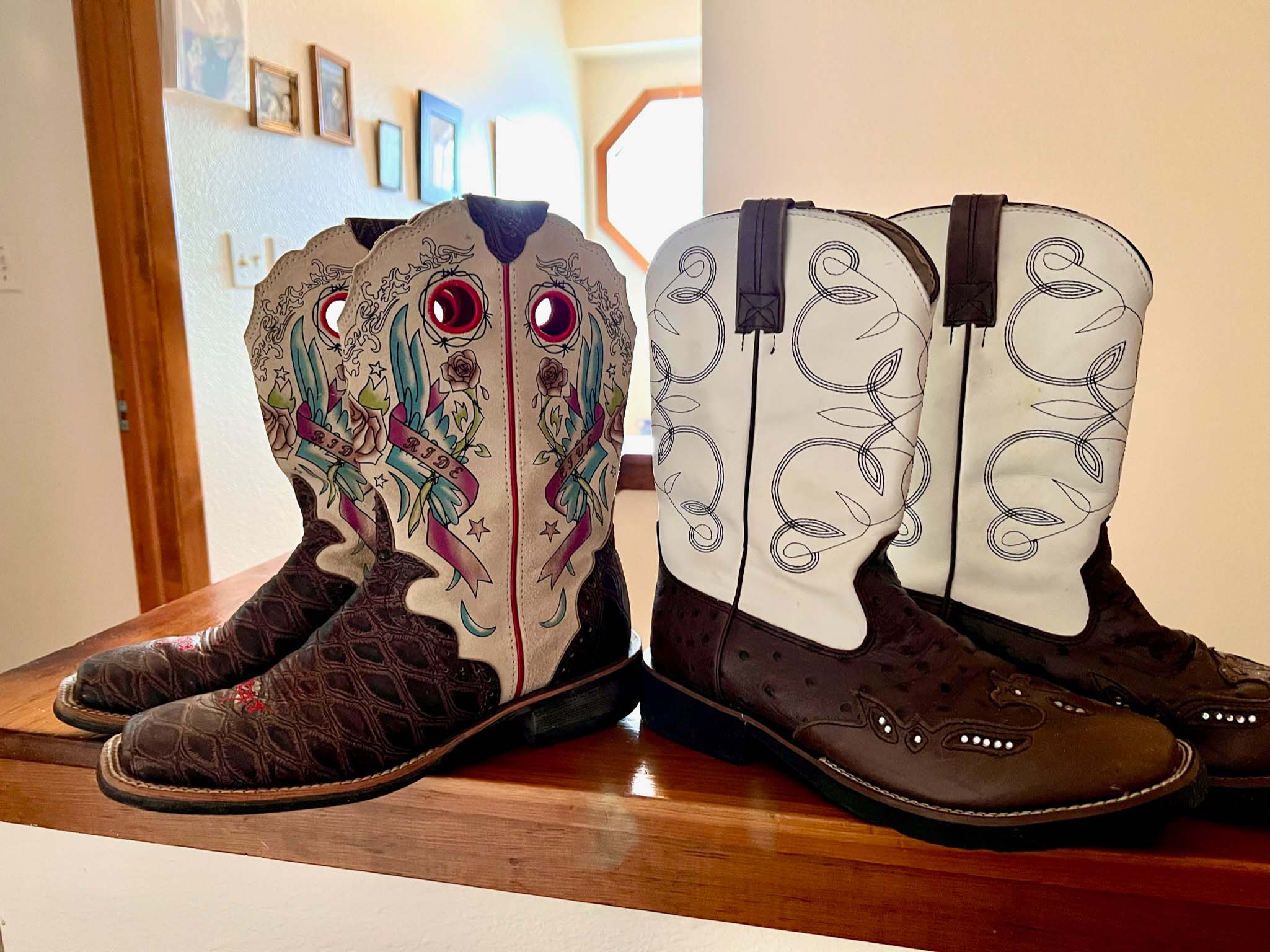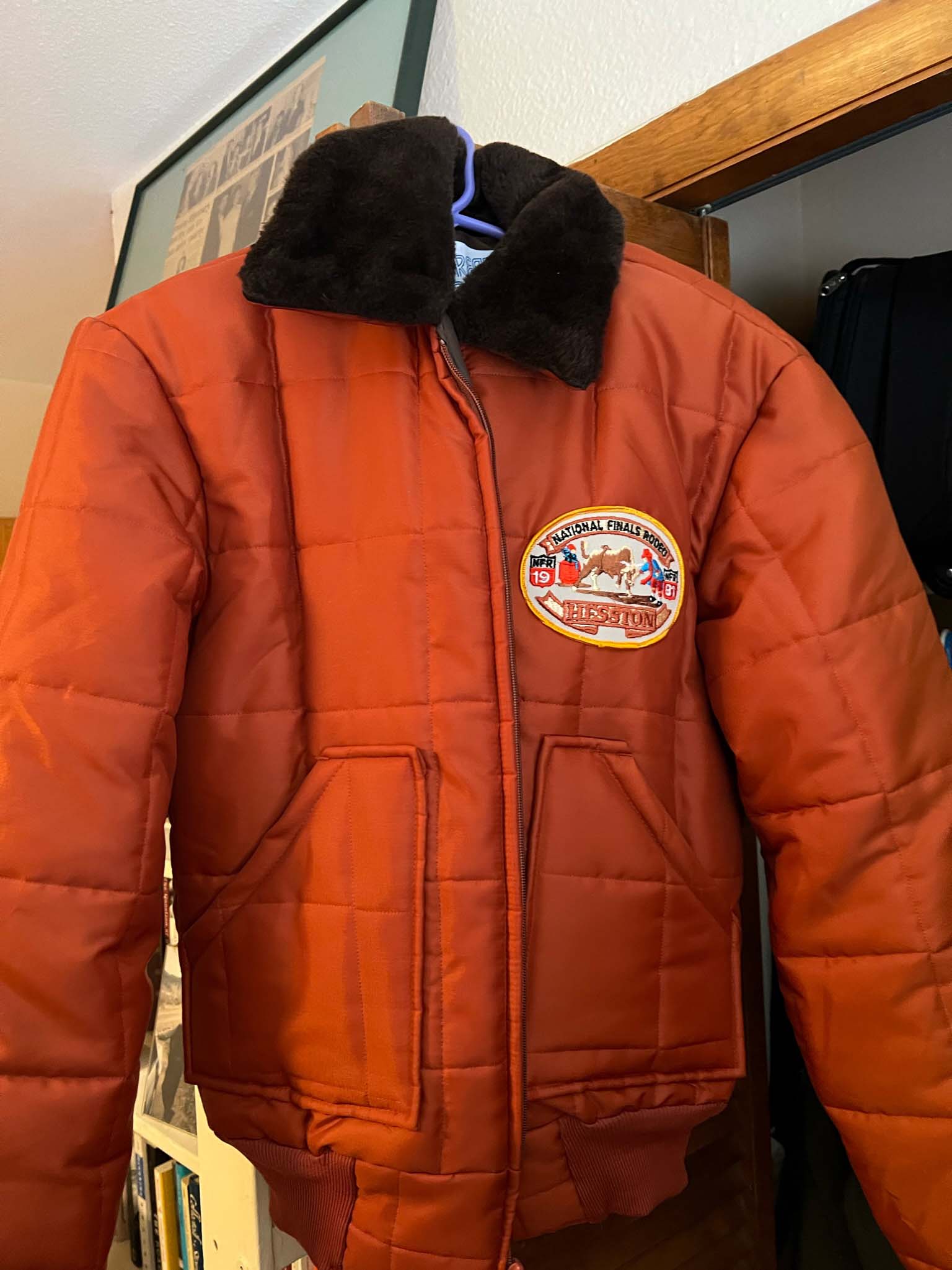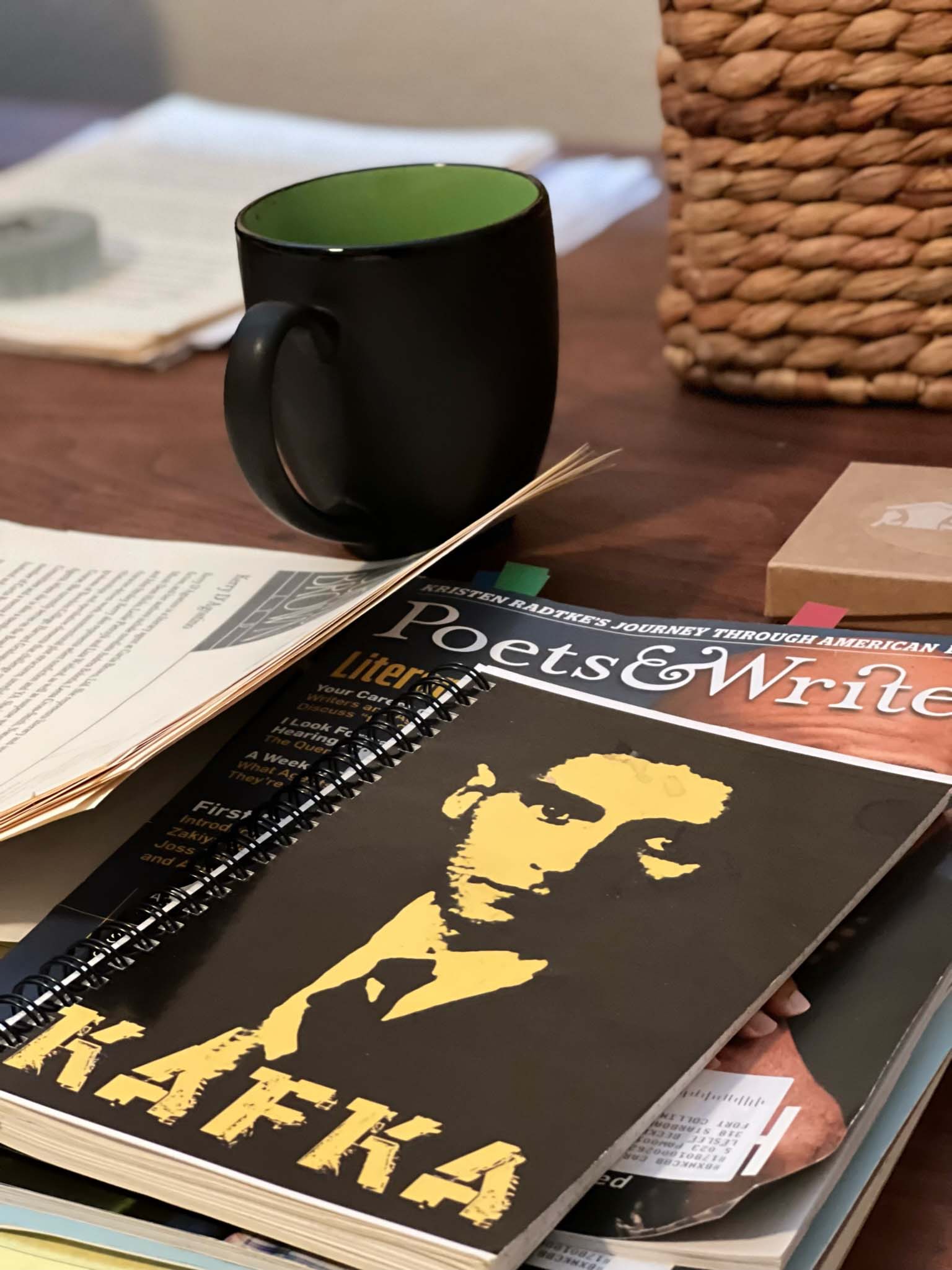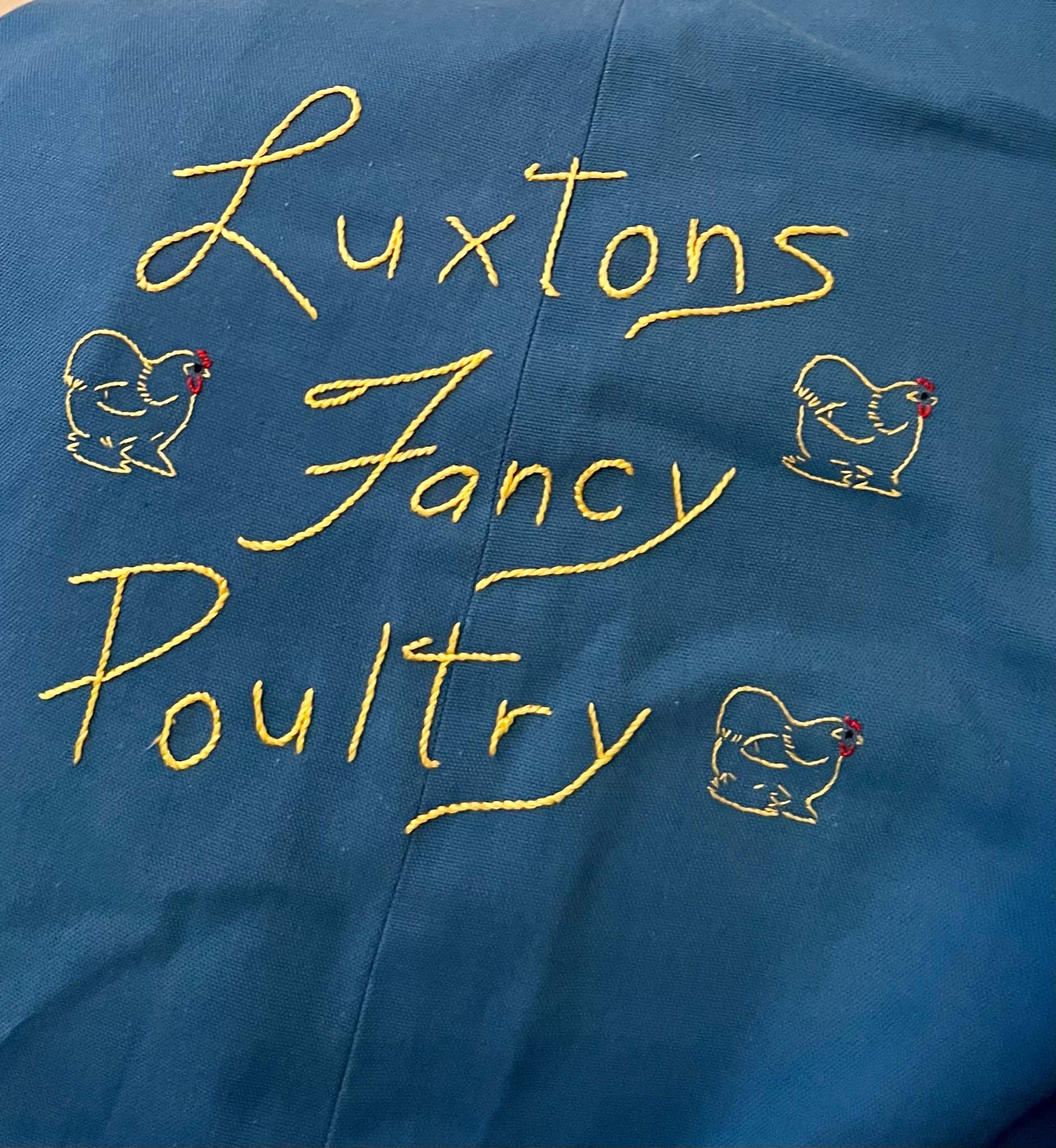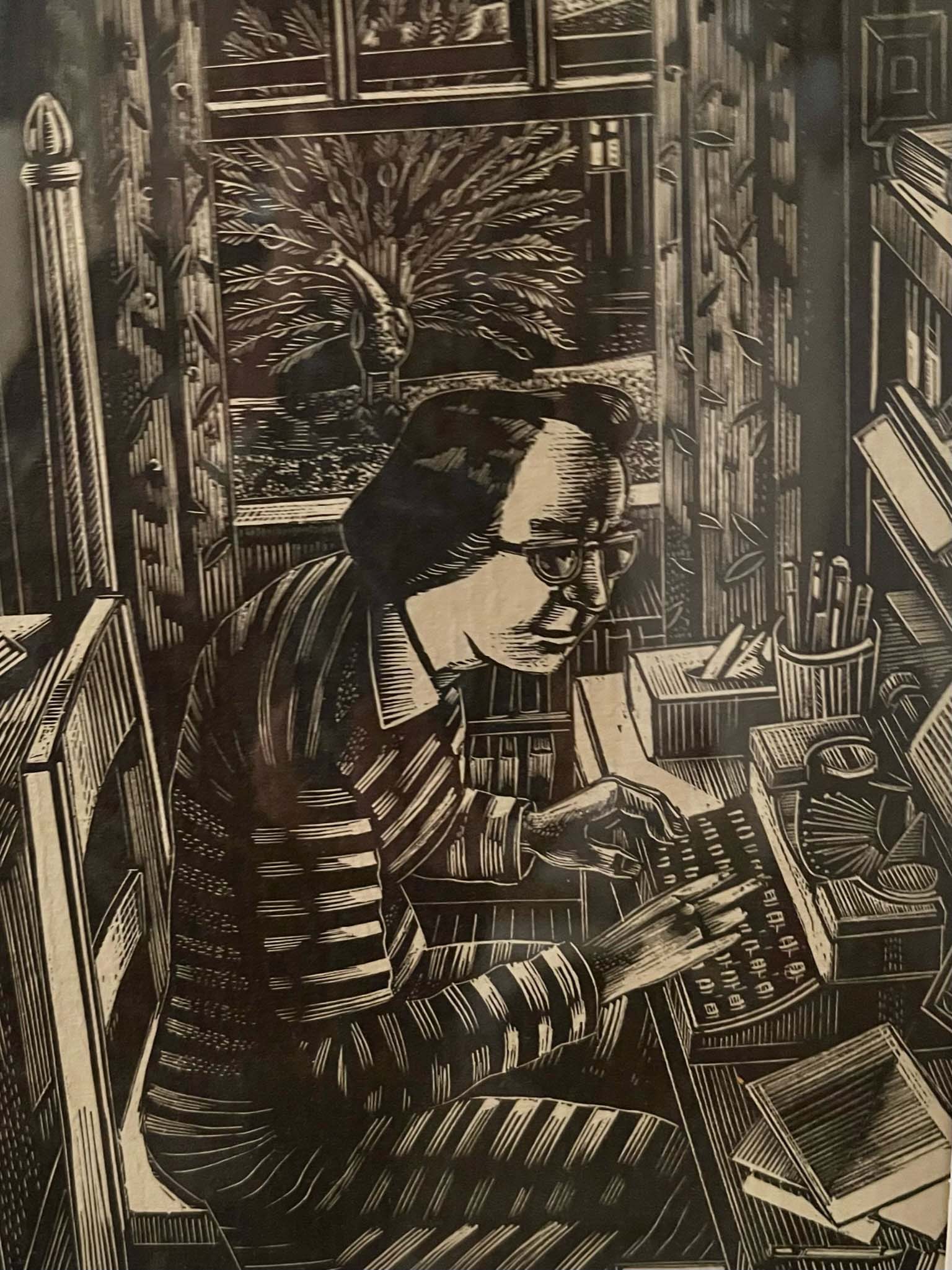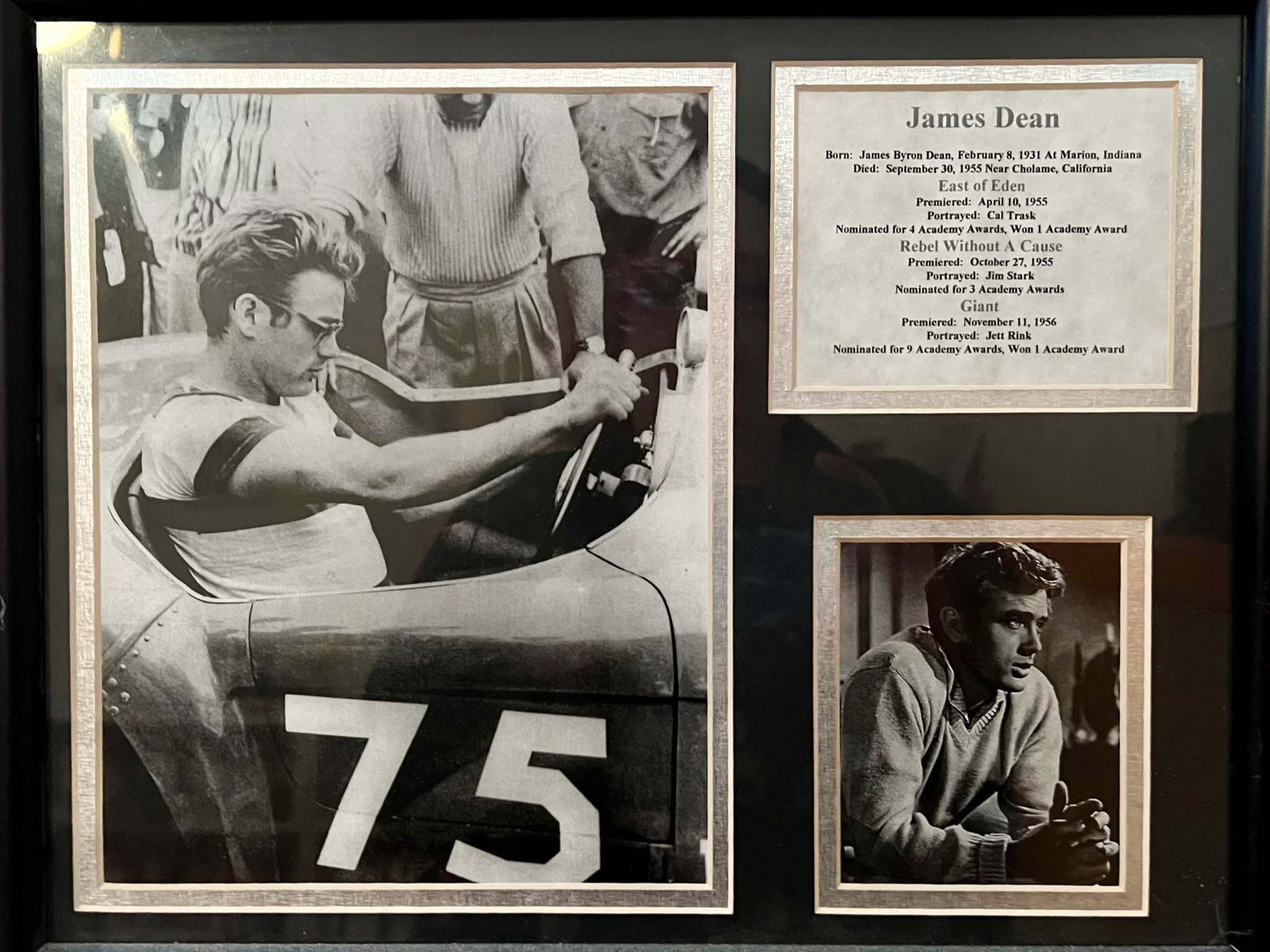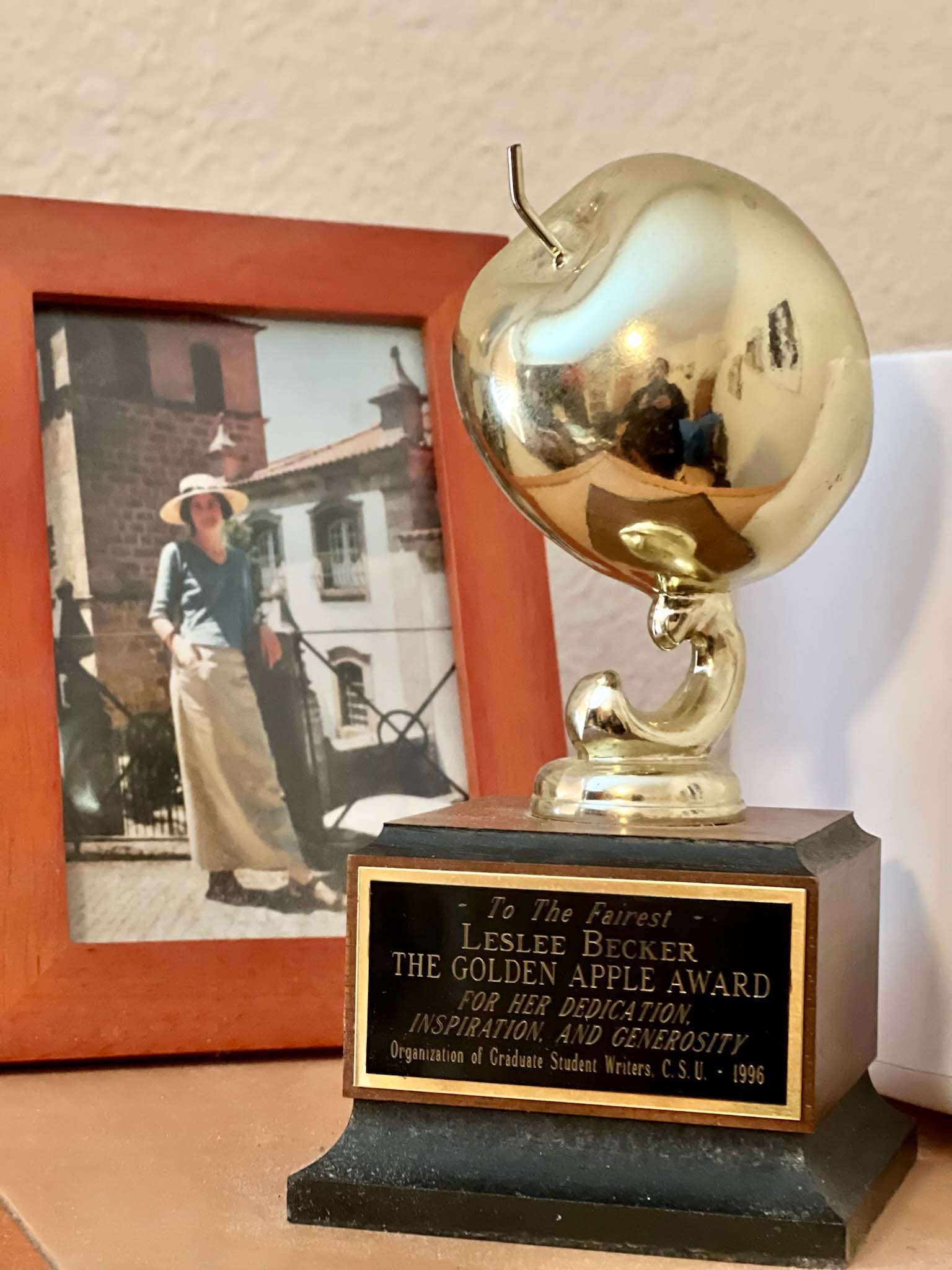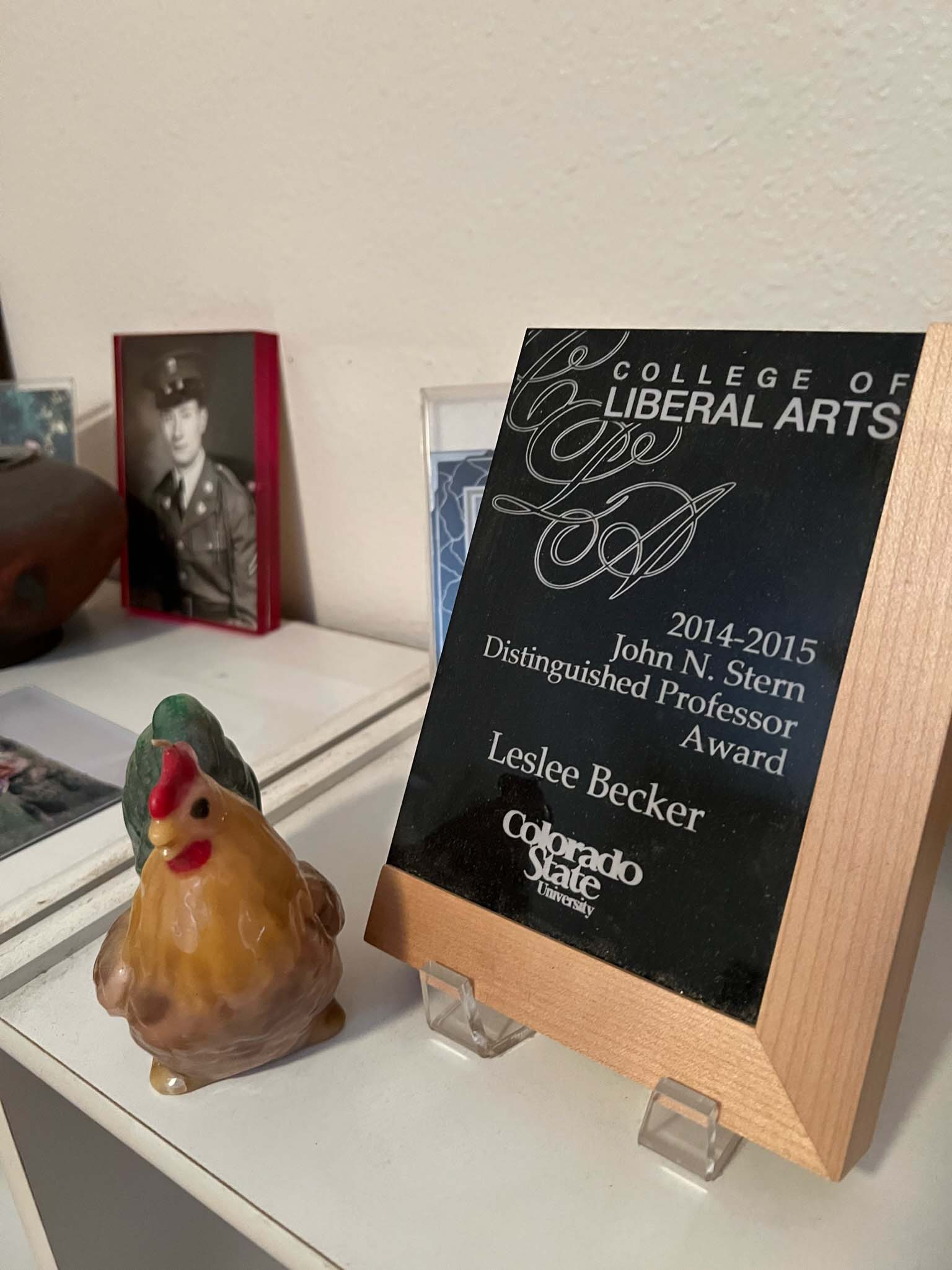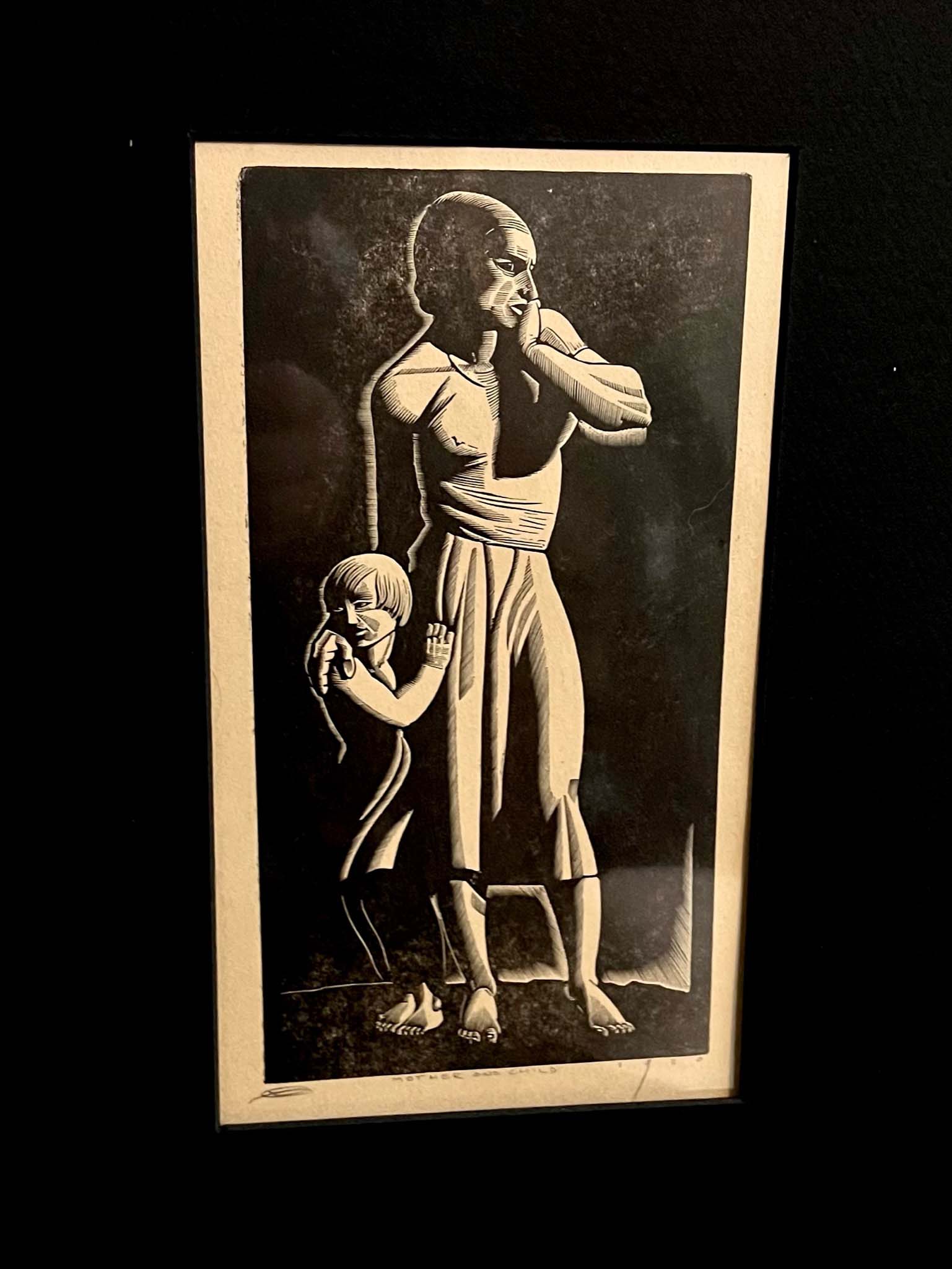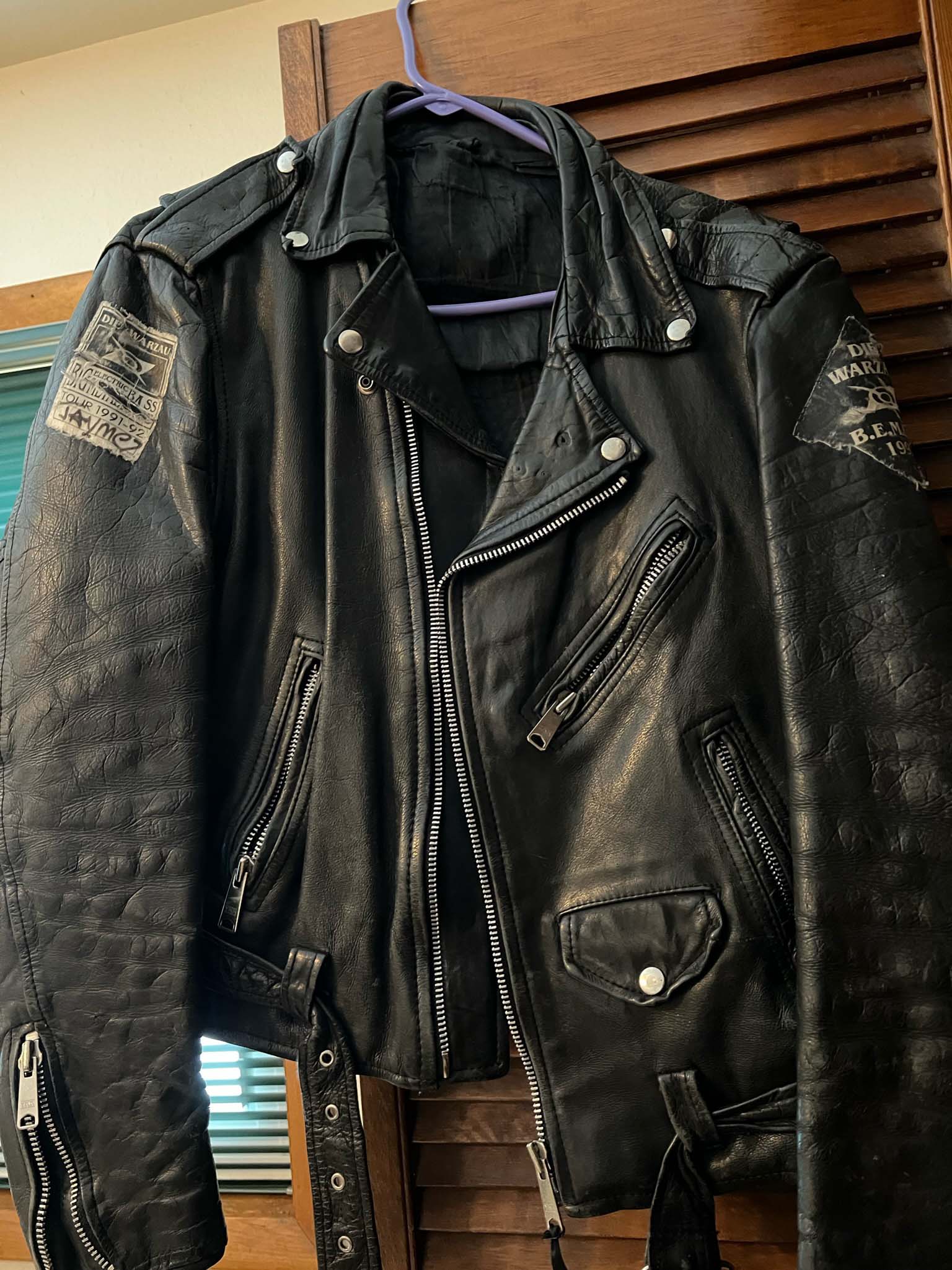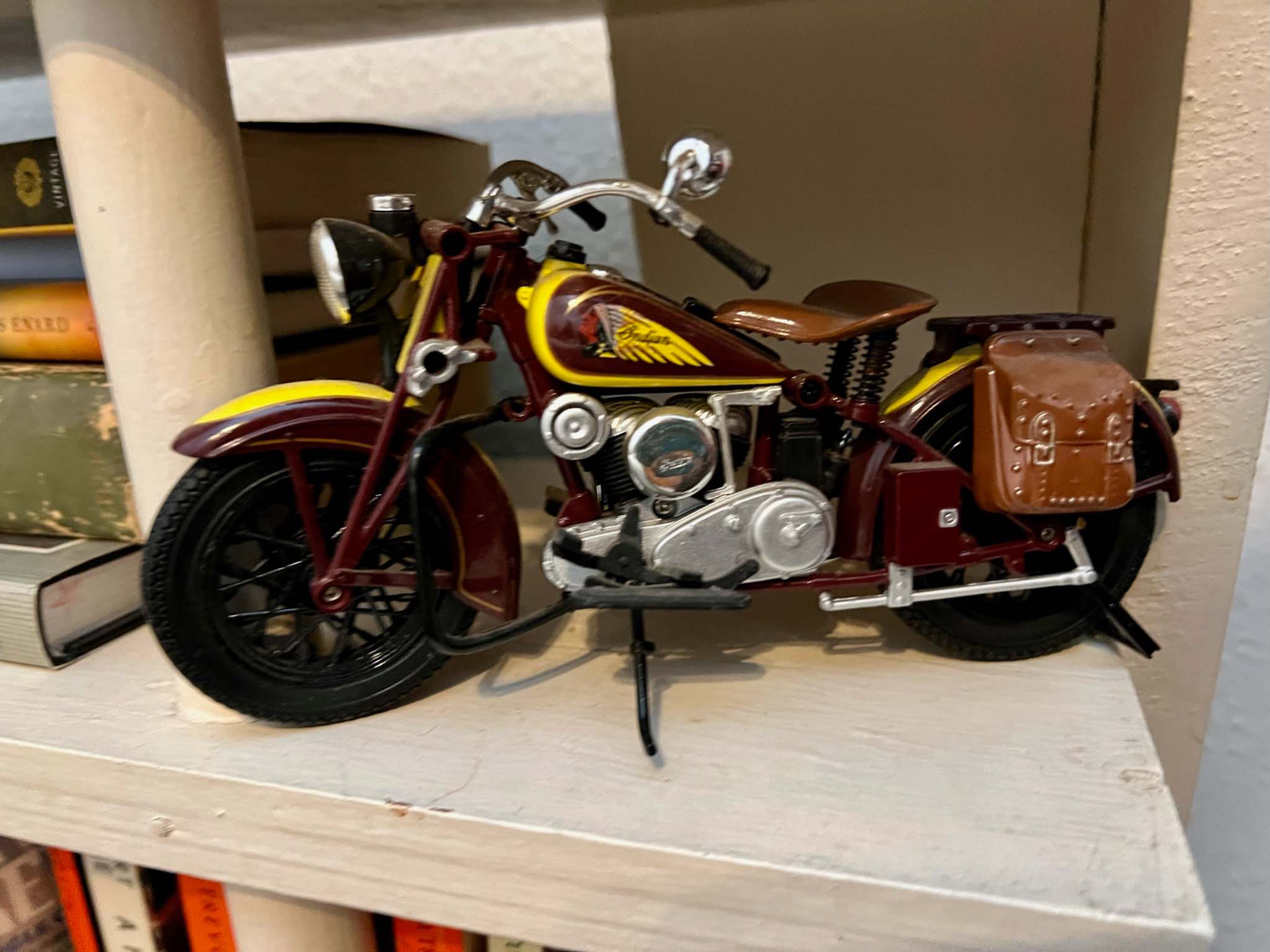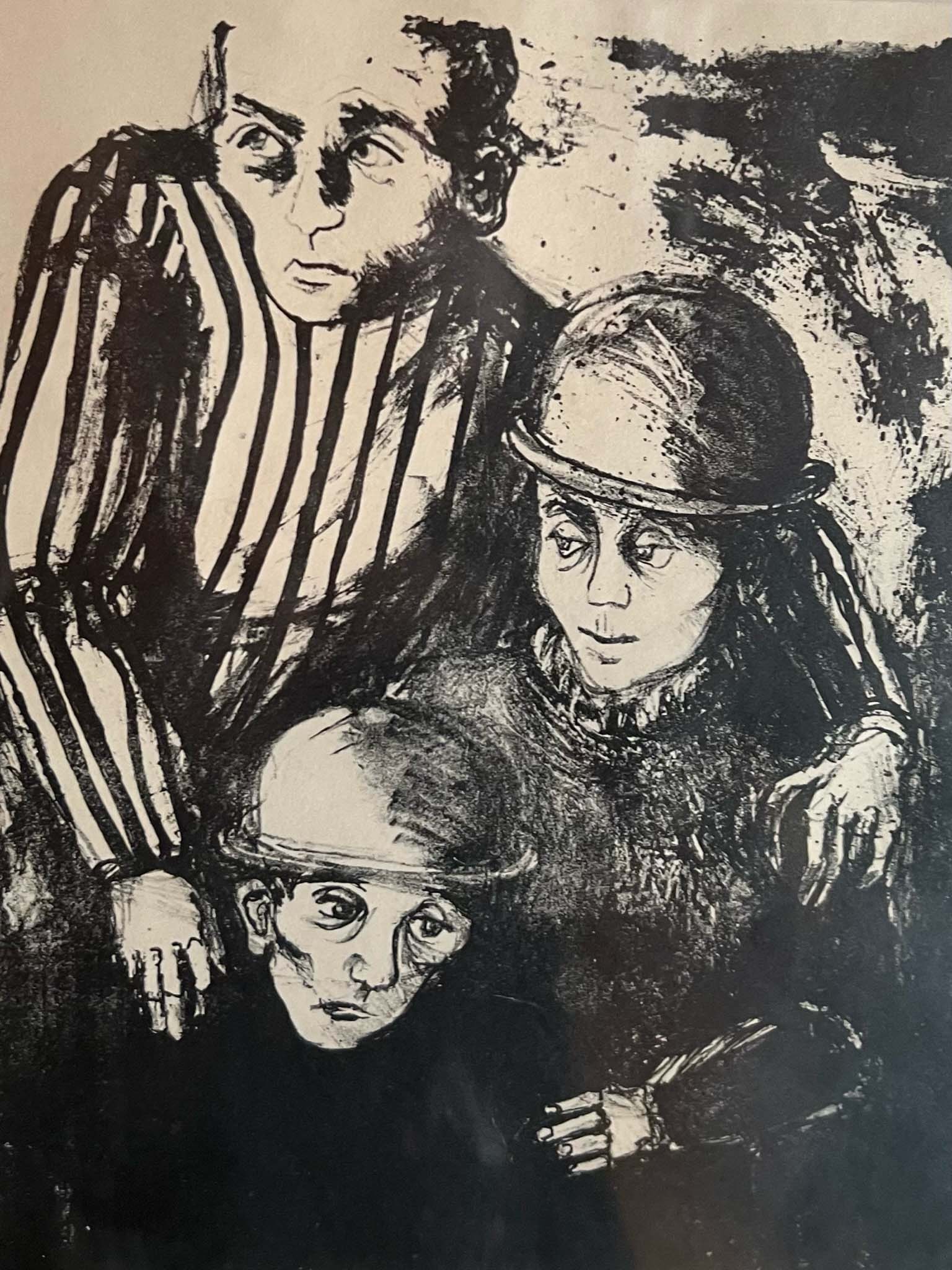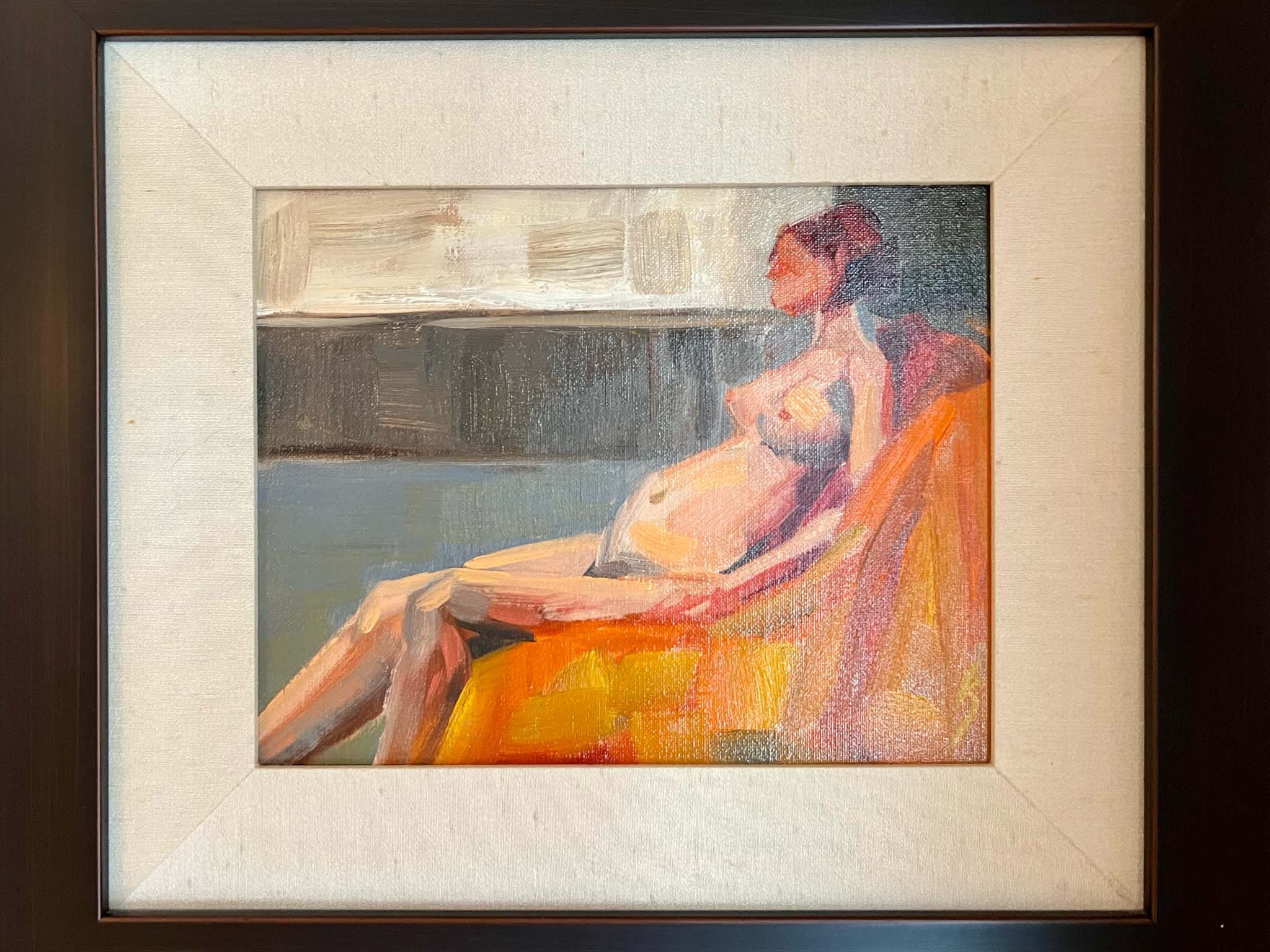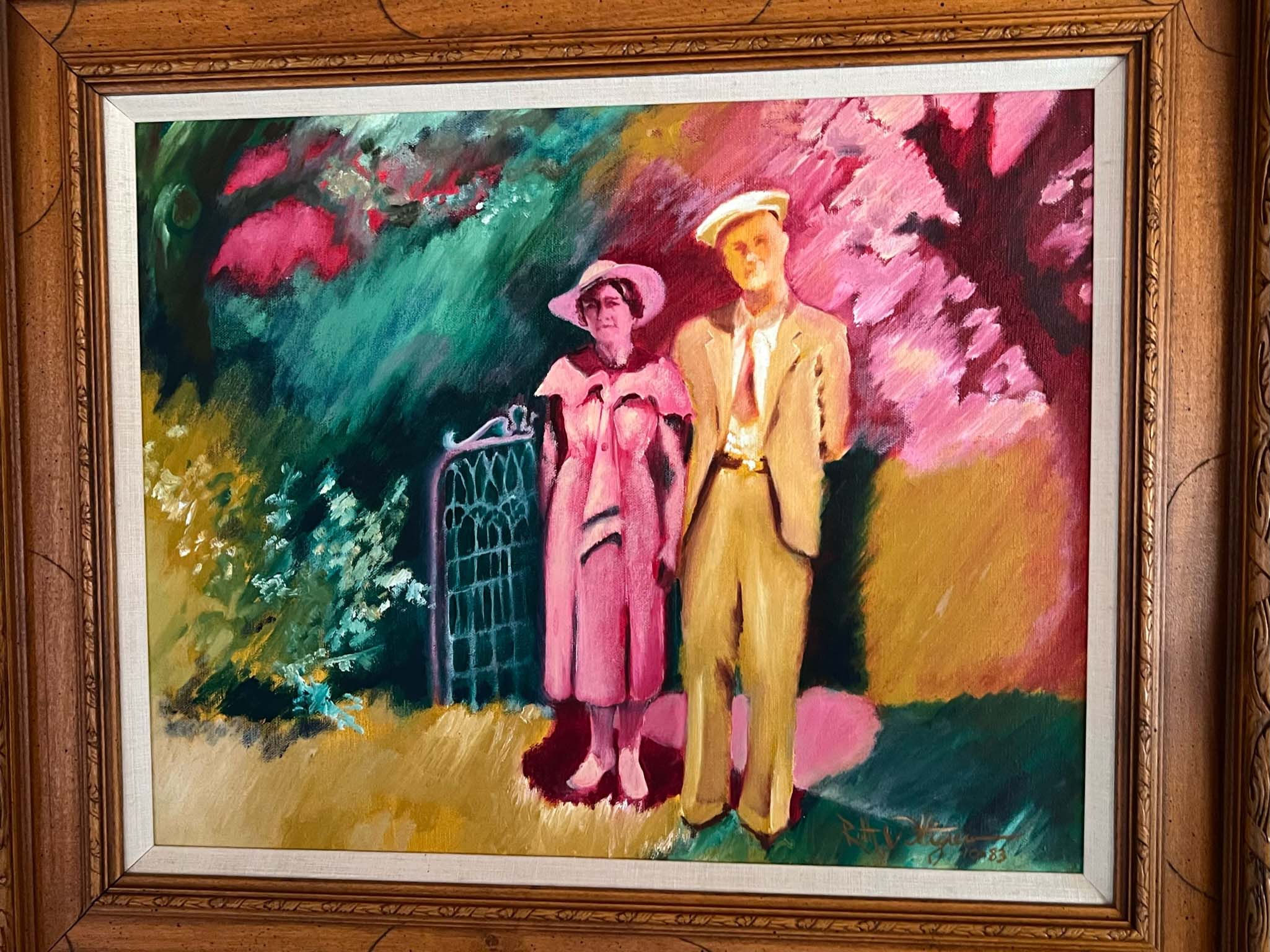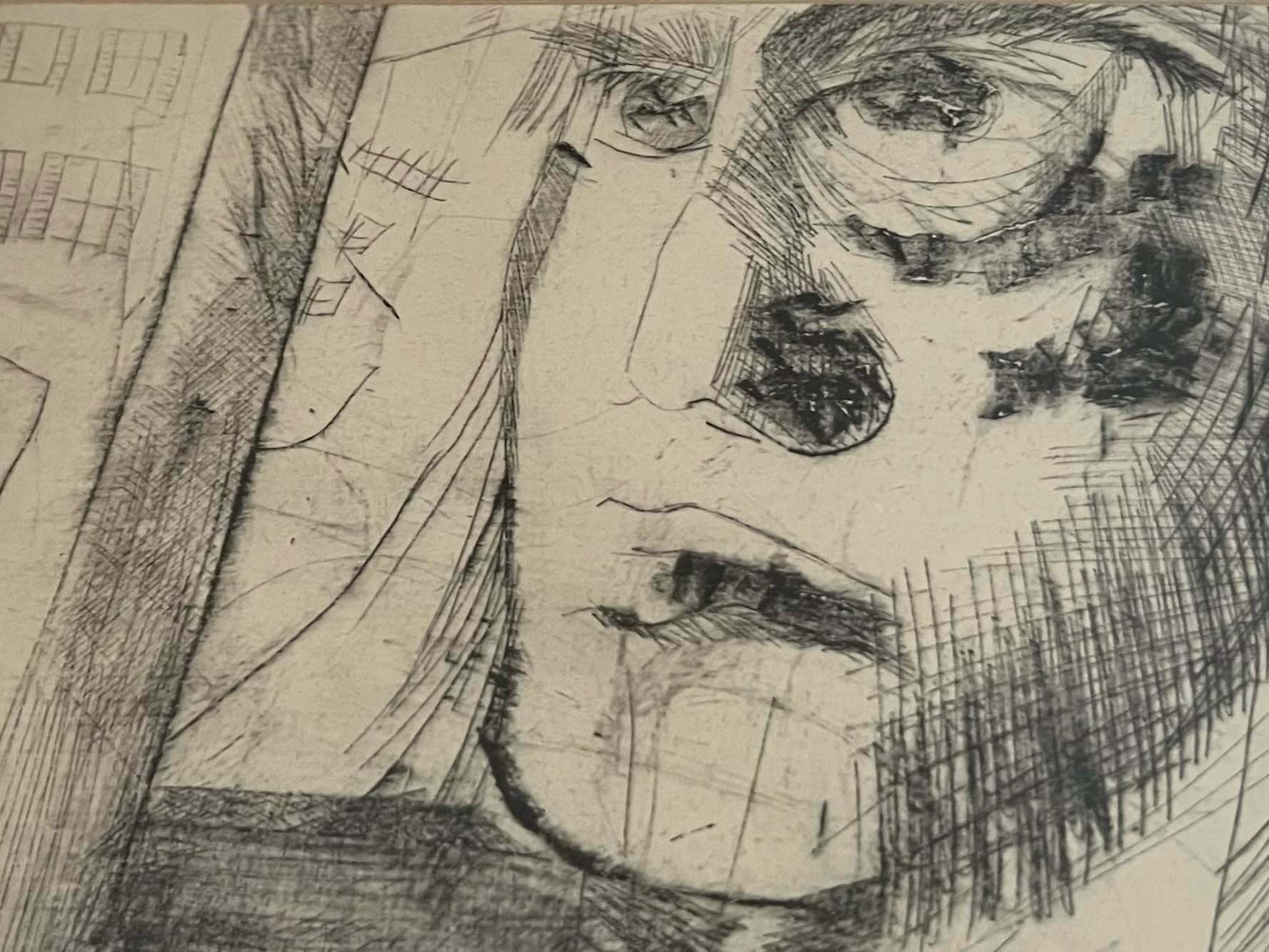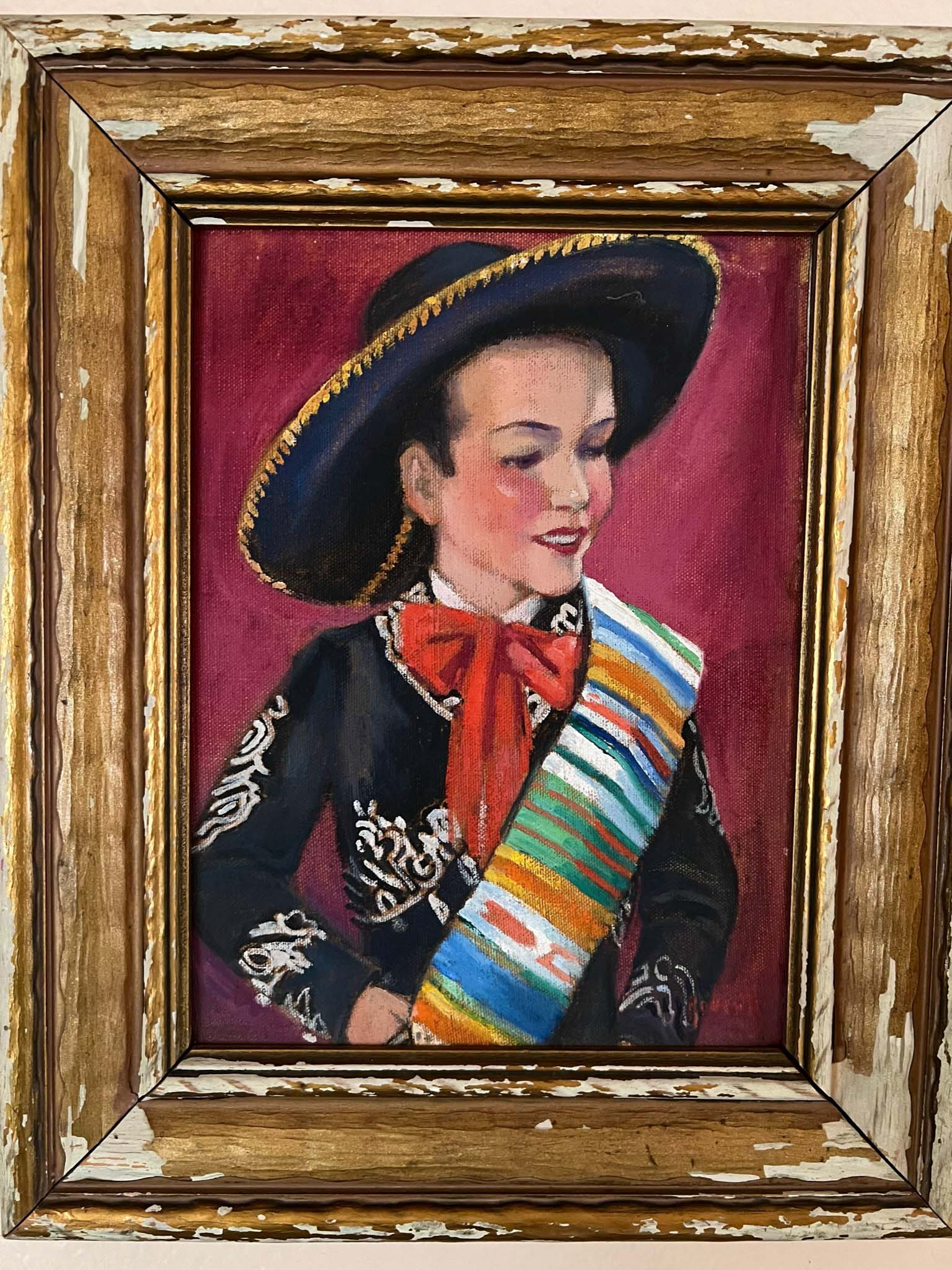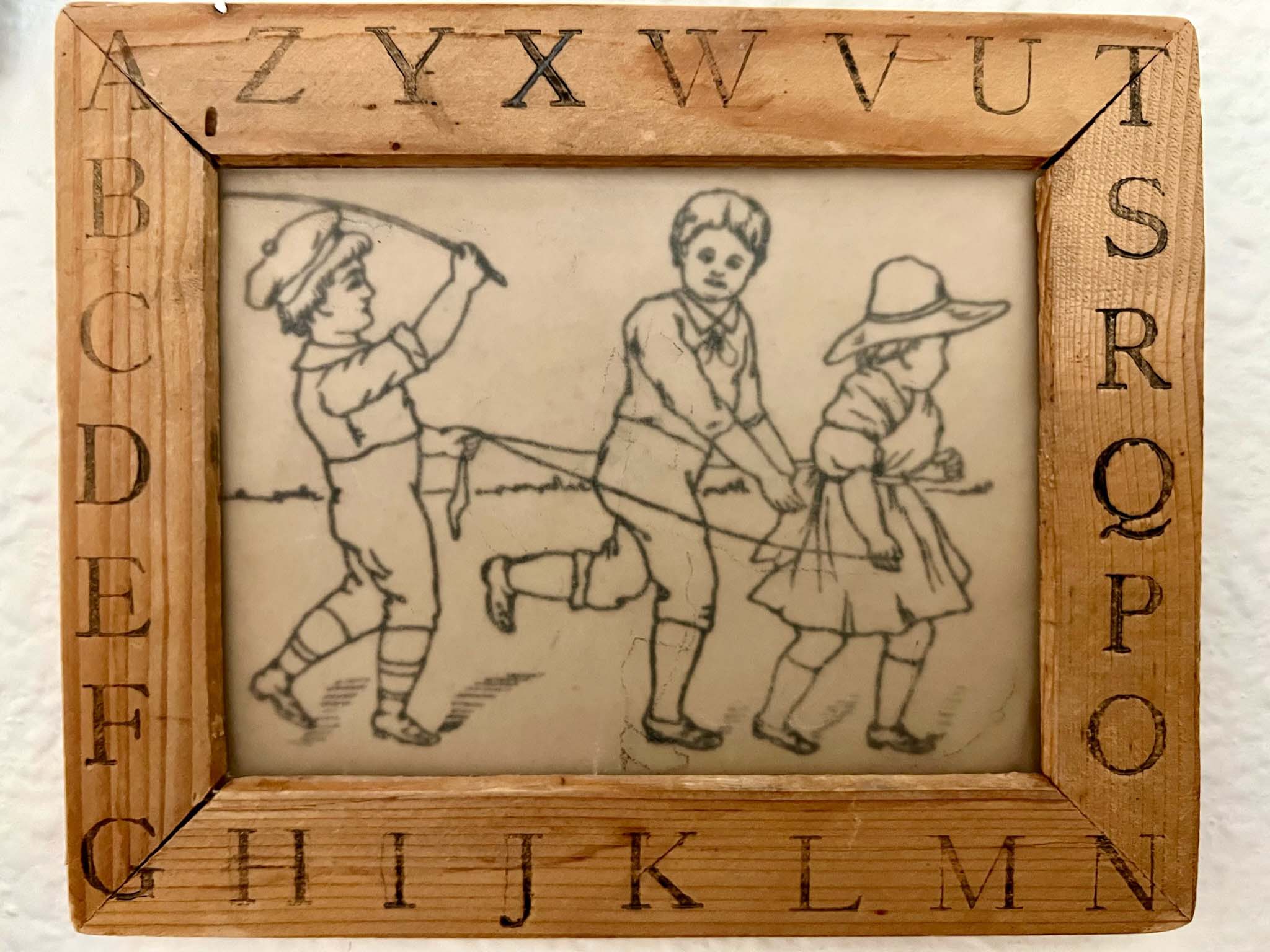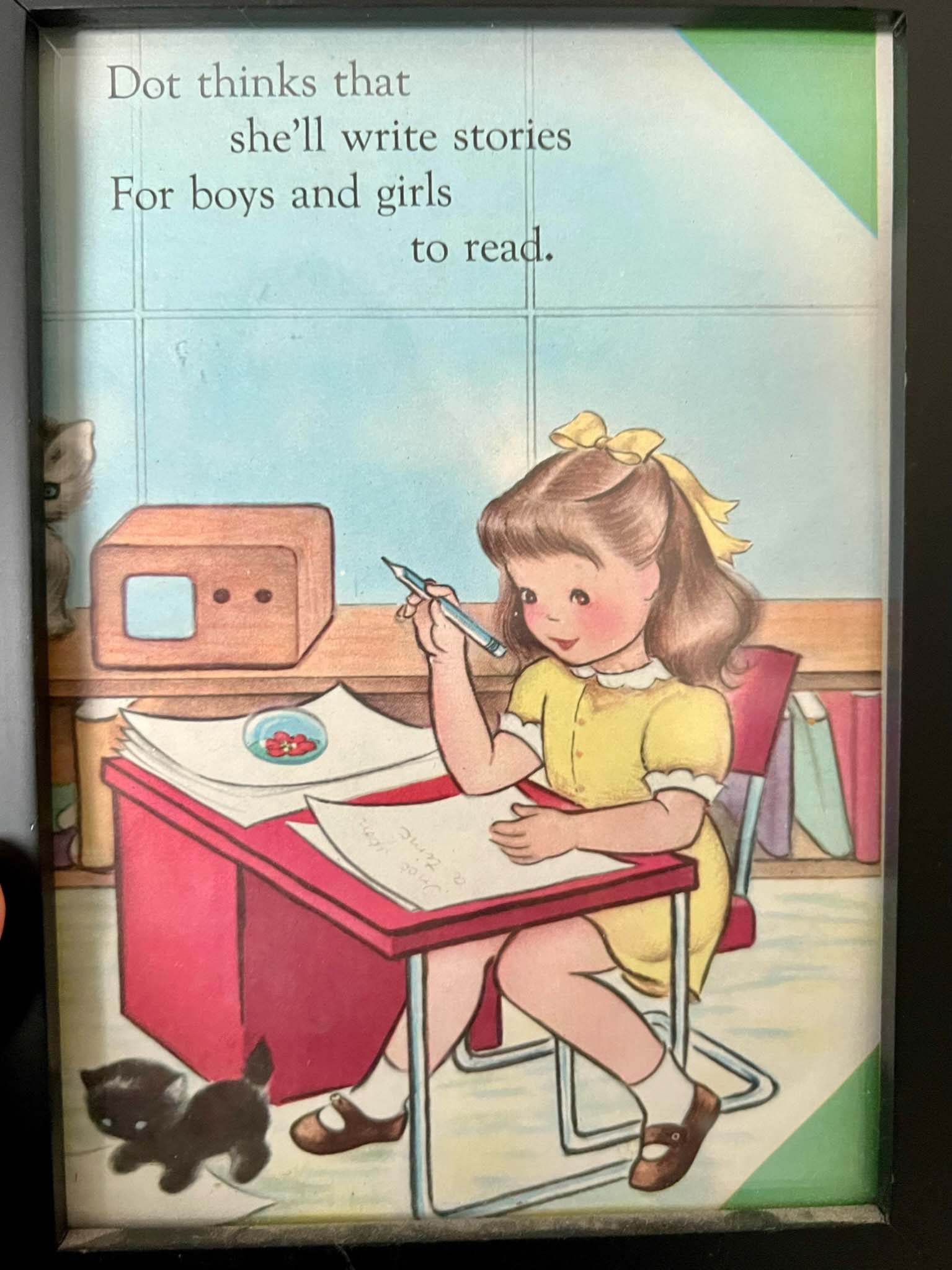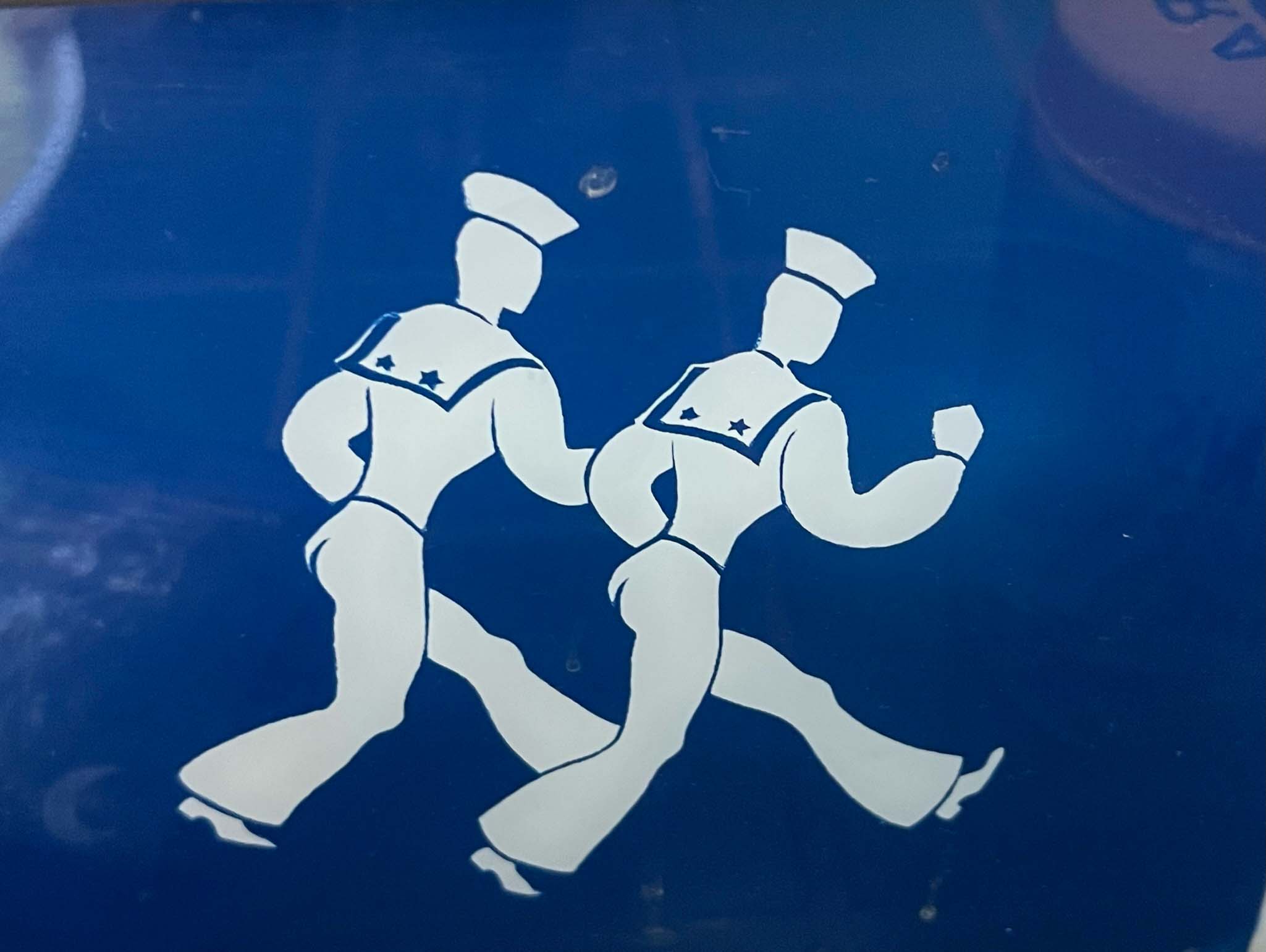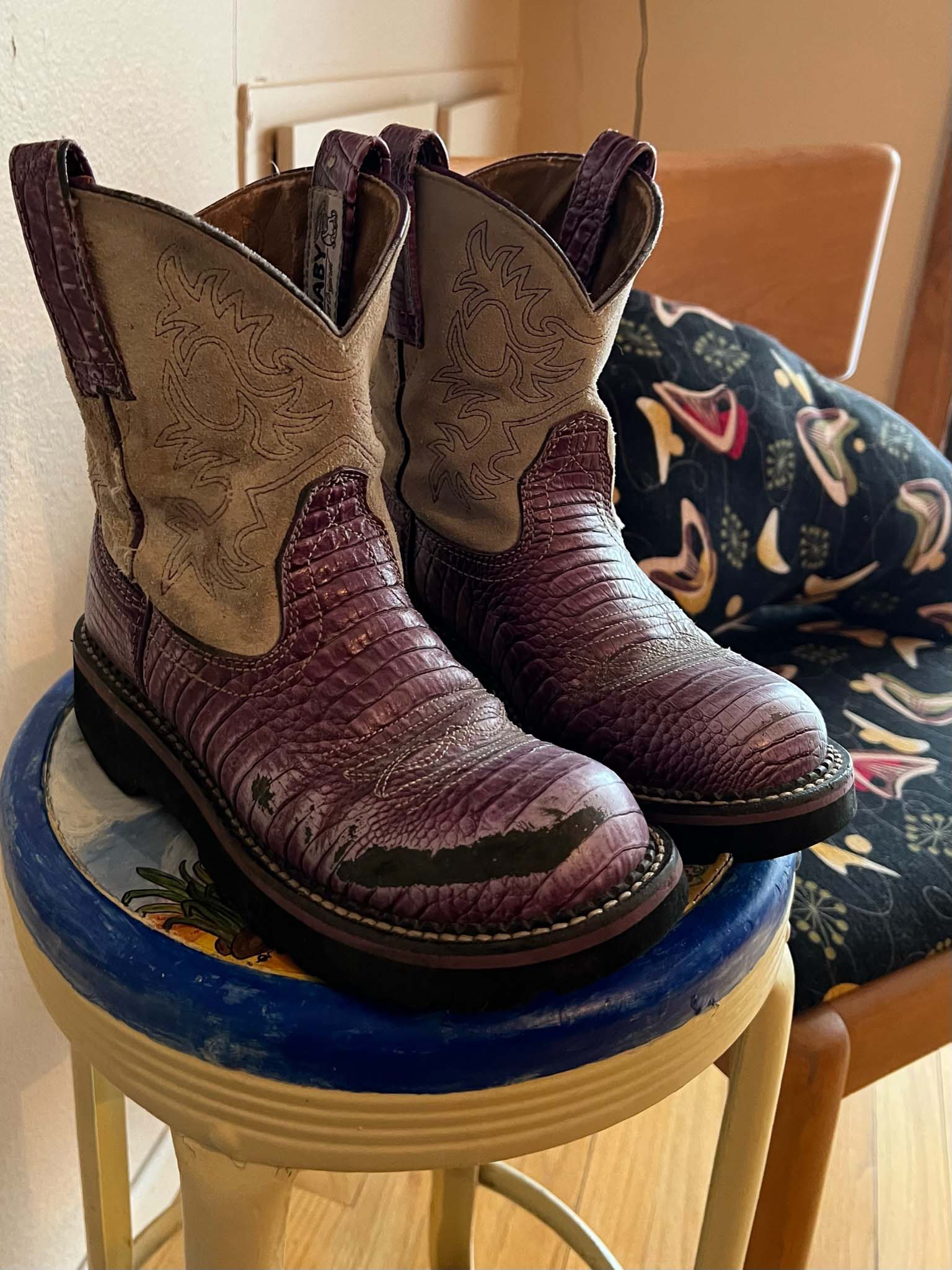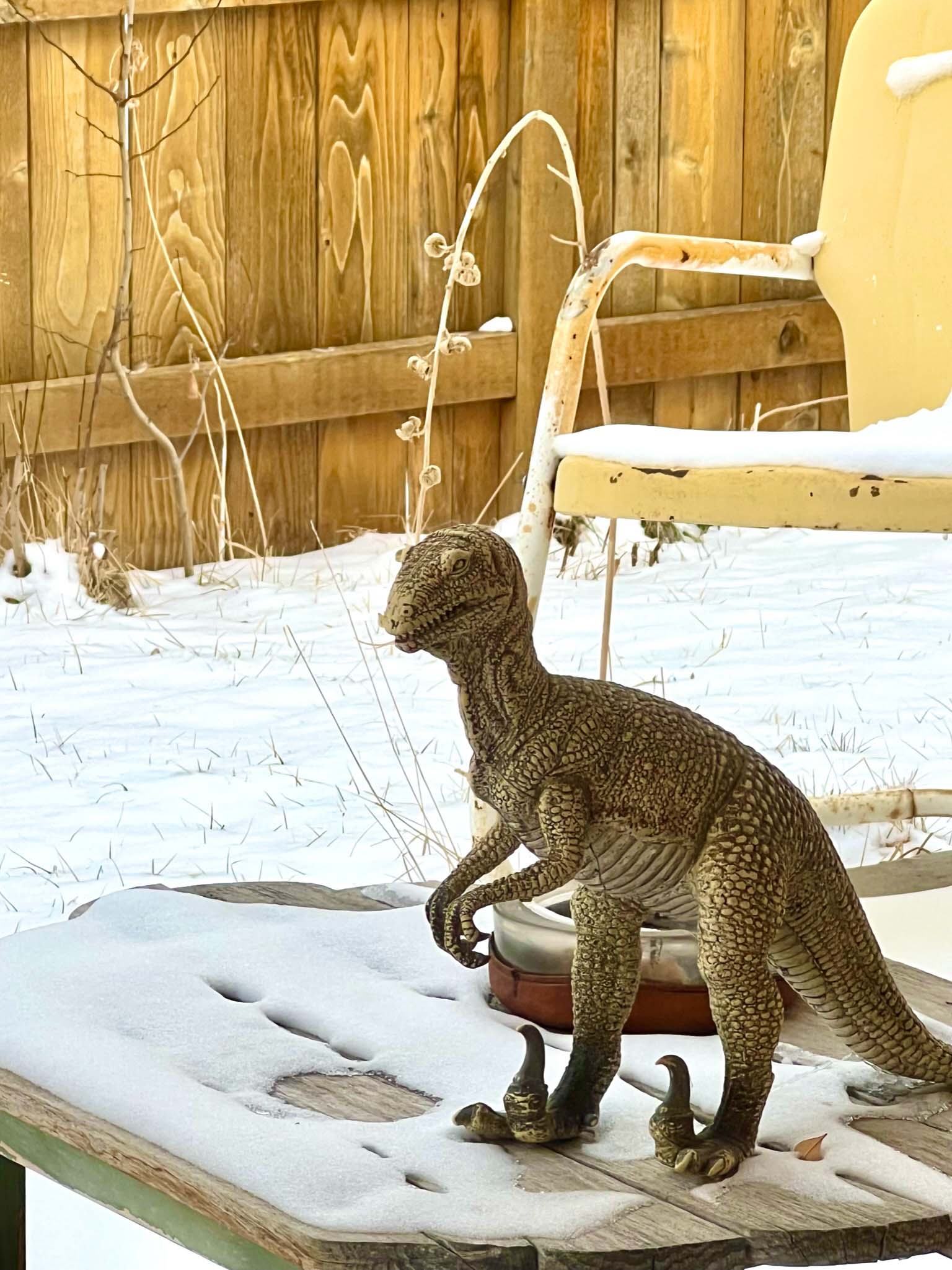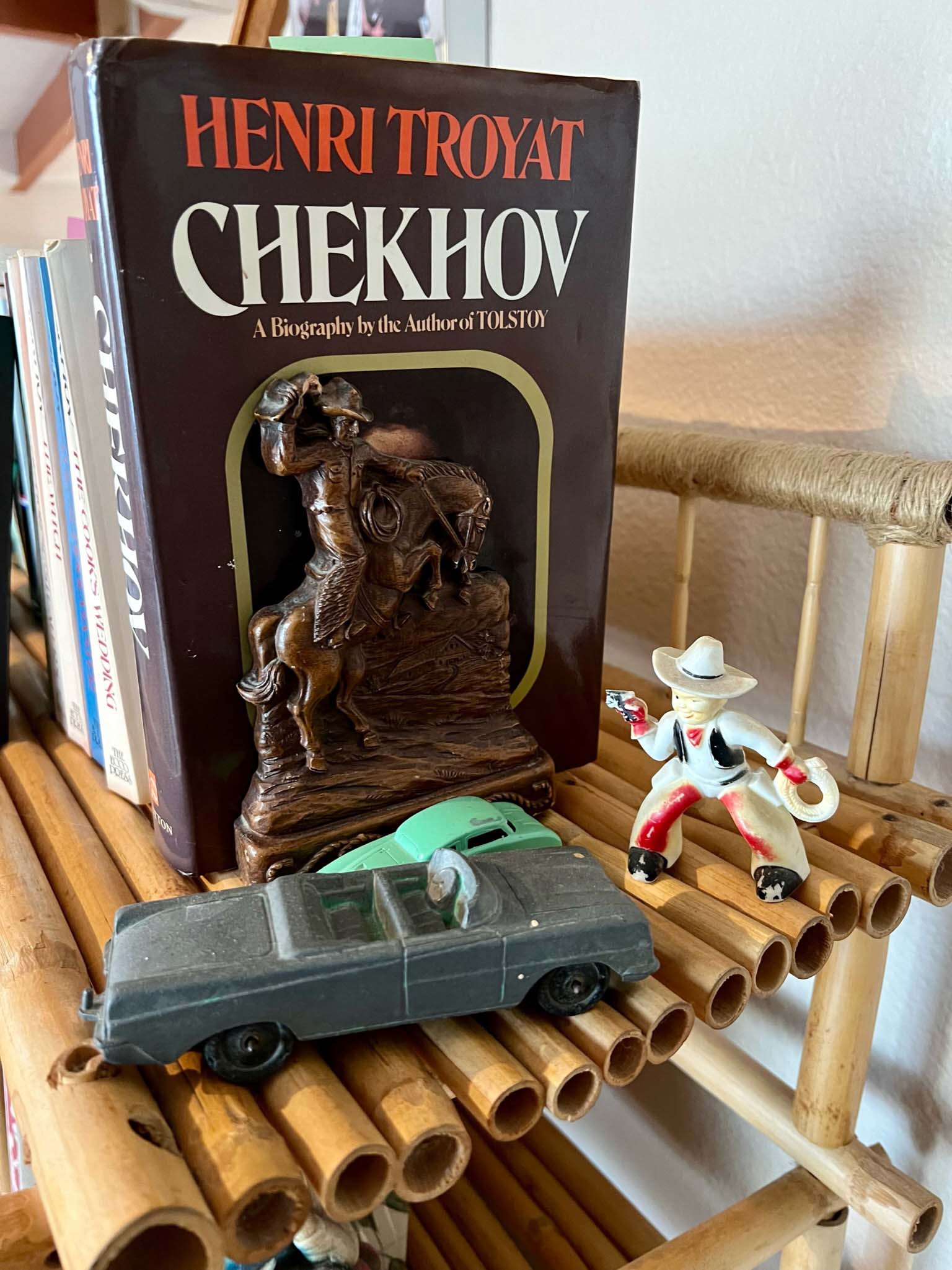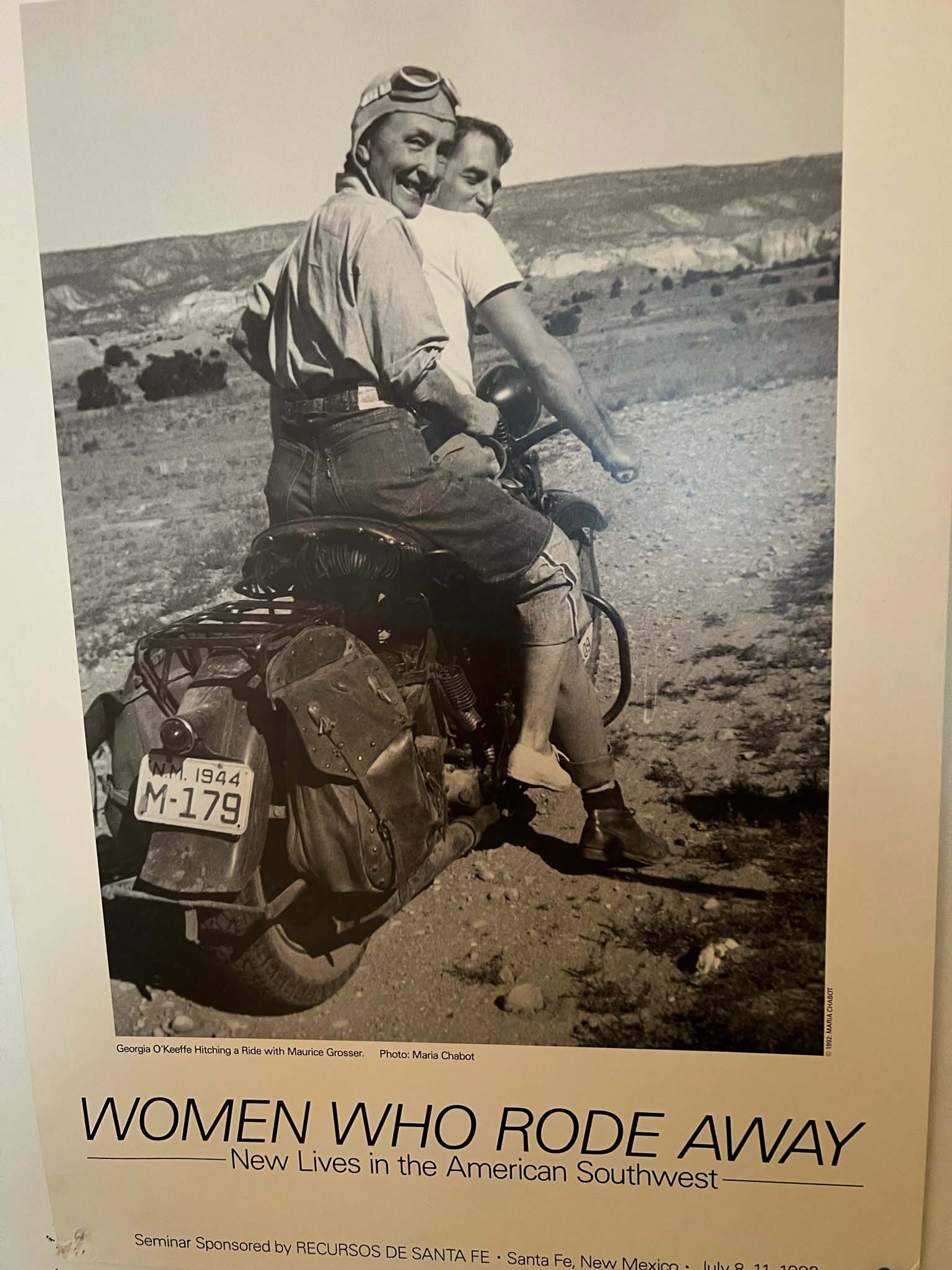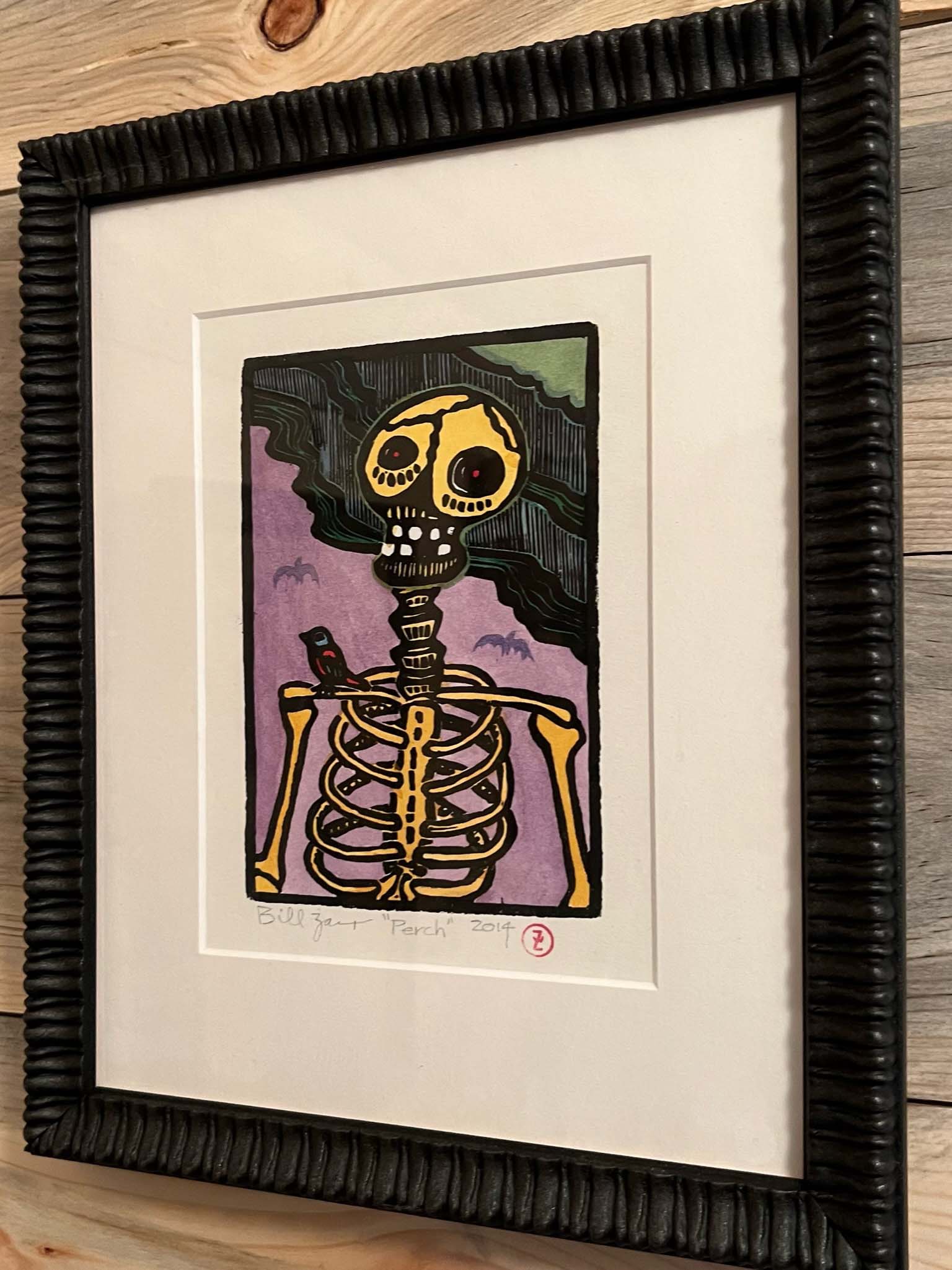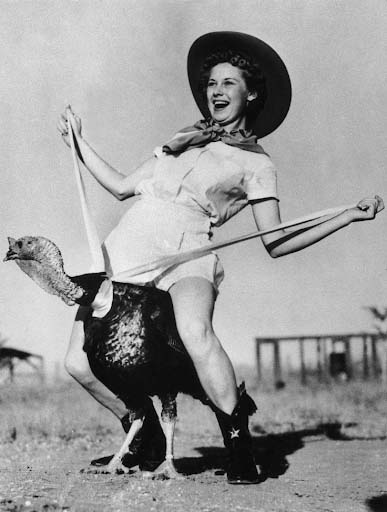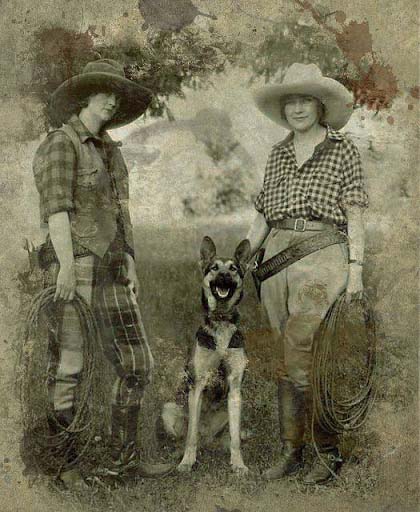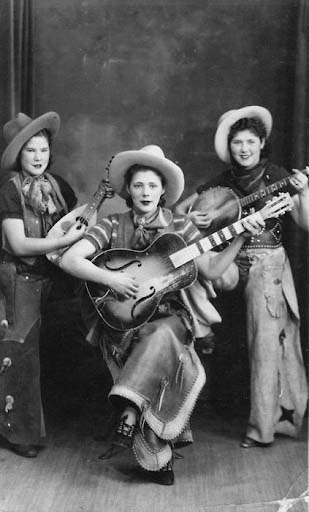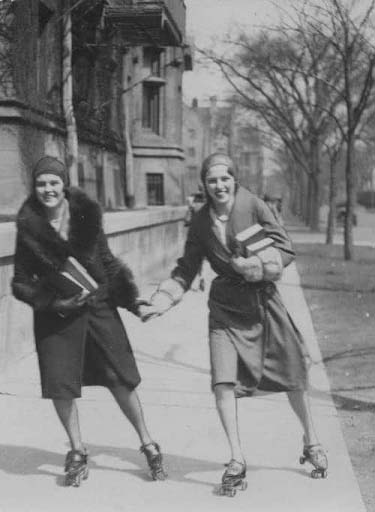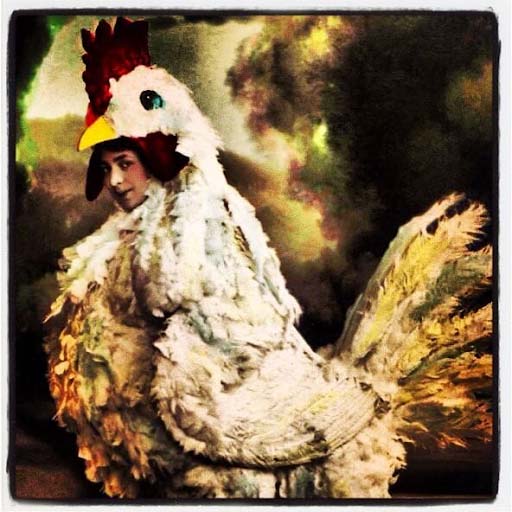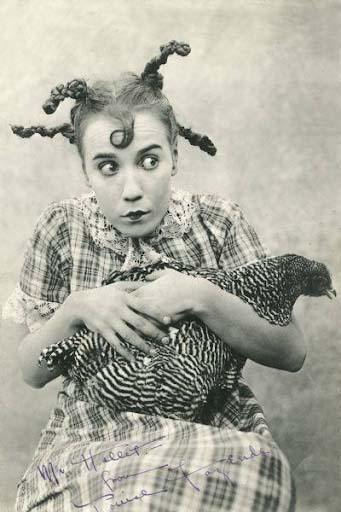Leslee Becker
“Leather has always been my favorite color.”
Life
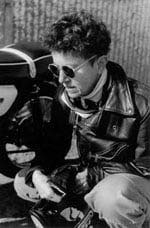
Early Days
Leslee Becker was born and raised in Au Sable Forks, New York, a tiny hamlet (population 424) in the Northern Adirondacks. She attended Catholic school, and she credited the nuns who instructed her for her love of literature and writing.
Leslee always said she was not initially destined for college; instead, she was planning to go to New York City to become an actor. However, Leslee received a scholarship to Cortland State College in New York, where she received a bachelor’s degree in English. Leslee continued her education at the University of Vermont (M.A. in English), where wrote a thesis on William Blake and James Joyce. Leslee eventually decided to concentrate on fiction writing; toward that end, she received her first graduate degree in creative writing, at Hollins University in Virginia. Next, Leslee got a master’s of fine arts degree in fiction writing at the prestigious University of Iowa Writers’ Workshop. From there, she went to Stanford University as a Stegner Fellow and then a Jones
Lecturer.
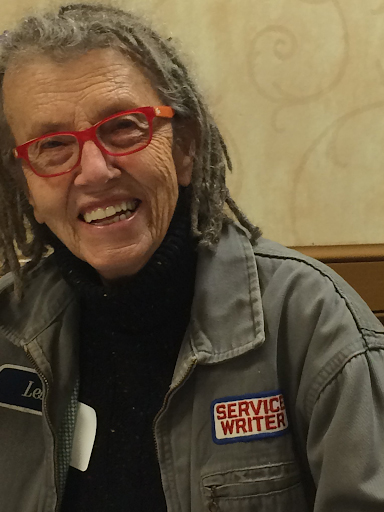
Friend
Leslee Becker’s accomplishments and stature, her warmth and friendliness, her humor and talent cannot be captured in an obituary or in any written form. She was a beloved member of the English department for thirty years, where she was the unofficial "hall monitor," "movie maven," and all-around pal to every faculty and staff member, as well as to hundreds of students.
She also touched the lives of many others around the university and in Fort Collins. As Leslee’s brother, John, says, “Leslee was loved by everyone. She made each and every one of us a better person.”
Leslee was kind, generous, fiercely intelligent, and unapologetically herself. She marched to the beat of her own drum, and challenged the rest of us to keep in step. She was an amazing storyteller, with a talent for turning everyday encounters into epic tales of longing, mystery, and loss. She was an avid cinephile, and a sharp critic that wouldn’t hesitate to tell you exactly what she thought about a film. (And she was usually right.) She commanded the room with quiet confidence, and delighted us all with her sense of humor, her wry smile, and her killer sense of style. With her signature dreadlocks, cowboy boots, and fabulous vintage jackets, she was always the best dressed person in the room. She was a true original, and a once-in-a lifetime friend.
It’s simply unfathomable that she’s gone, and it’s so hard to express what Leslee meant to all of us. After all, she was the one with a way for words. So perhaps it’s fitting to be brief, and simply say:
Leslee will be deeply, forever missed.
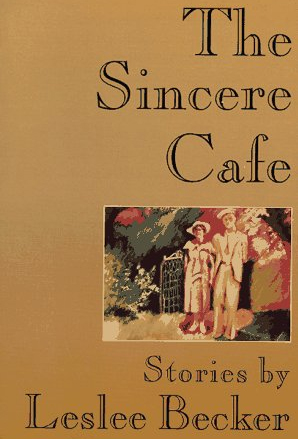
Writer
As an equally distinguished fiction writer, Leslee received a number of awards and honors, among them the Pirate’s Alley Faulkner Society Award; the Nimrod/Katherine Anne Porter Fiction Prize; the James Michener/Copernicus Society Award; a Rocky Mountain Women’s Fellowship; a Lannan Fellowship; and the Ludwig Vogelstein Award.
Leslee was also a fellow or artist-in-residence at many national and international artists’ colonies, such as Yaddo, MacDowell, Hawthornden (UK), Blue Mountain, Provincetown Center for the Arts, and Ucross. Leslee’s short stories appeared in numerous literary journals and magazines, among them, The Atlantic, Alaska Quarterly Review, Kenyon Review, Ploughshares, Iowa Review, New England Review, Boston Review, and, just earlier this year, Narrative. In 2010, Leslee’s “The Little Gentleman” was cited by Best American Short Stories as one of the year’s most distinguished published stories. Leslee’s work also appeared in anthologies, and editors included excerpts from her short stories in books on teaching creative writing. Her collection of short stories, The Sincere Café, won the Mid-List Press Fiction Award and was published in 1997. At her death, Leslee was working on two manuscripts: another collection of short fiction, “The Little Gentleman,” and a novel, Cold River City.
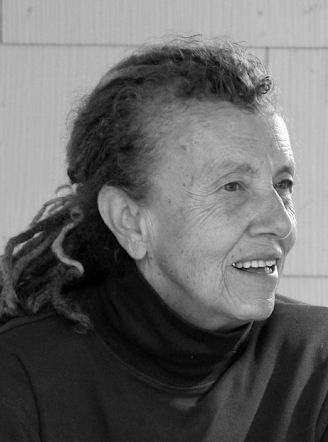
Teacher
Leslee came to Colorado State University’s English department as an assistant professor of creative writing in 1990, the first woman in fiction hired for the MFA program.
Over her thirty-year career at CSU -she retired in 2020- Leslee taught numerous undergraduate and graduate courses in fiction writing and literature and directed scores of MFA fiction theses, as well as honors theses and independent studies. Leslee was a devotee of the short story and taught courses featuring its prominent practitioners: Alice Munro, Flannery O’Connor, Anton Chekhov, and Raymond Carver. In 2006, Leslee was nominated by the Alumni Association for the Best Teacher Award, an honor that reflected many years of superlative teaching and stellar
feedback from her students.
Leslee Becker was an invaluable citizen of the CSU community, admired by many for her rigorous work on a seemingly endless number of committees in the department, in the CLA, and university-wide. During her career at CSU, Leslee won the Jack E. Cermack Advising Award and the Oliver P. Pennock Distinguished Service Award, and in 2015, she was named a John N. Stern Distinguished Professor.
Memorial Book
Leslee was much loved, and will be greatly missed. If you have a story or memory about Leslee that you’d like to share, please post it here.
Memorial Book
One Art
by Elizabeth Bishop
The art of losing isn’t hard to master; so many things seem filled with the intent to be lost that their loss is no disaster.
Lose something every day. Accept the fluster of lost door keys, the hour badly spent. The art of losing isn’t hard to master.
Then practice losing farther, losing faster: places, and names, and where it was you meant to travel. None of these will bring disaster.
I lost my mother’s watch. And look! my last, or next-to-last, of three loved houses went. The art of losing isn’t hard to master.
I lost two cities, lovely ones. And, vaster, some realms I owned, two rivers, a continent. I miss them, but it wasn’t a disaster.
—Even losing you (the joking voice, a gesture I love) I shan’t have lied. It’s evident the art of losing’s not too hard to master though it may look like (Write it!) like disaster.
Elizabeth Bishop, “One Art” from The Complete Poems 1926-1979. Copyright © 1979, 1983 by Alice Helen Methfessel.
"It is the business of the artist to uncover the strangeness of truth."
The Andalusia Foundation
In lieu of flowers, please consider a donation to the Flannery O’Connor Andalusia Foundation. The restoration and preservation of Flannery O’Connor’s family farm was a cause near and dear to Leslee’s heart.
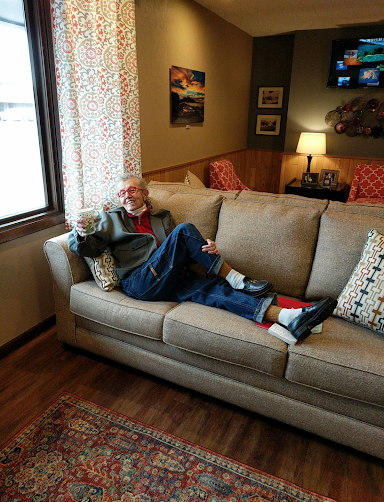
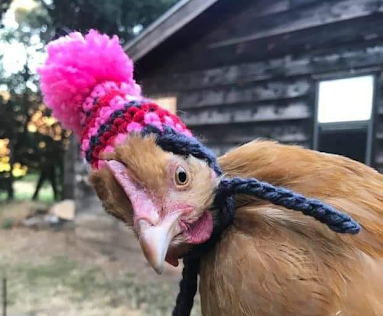
Thank You
for remembering a true original.
